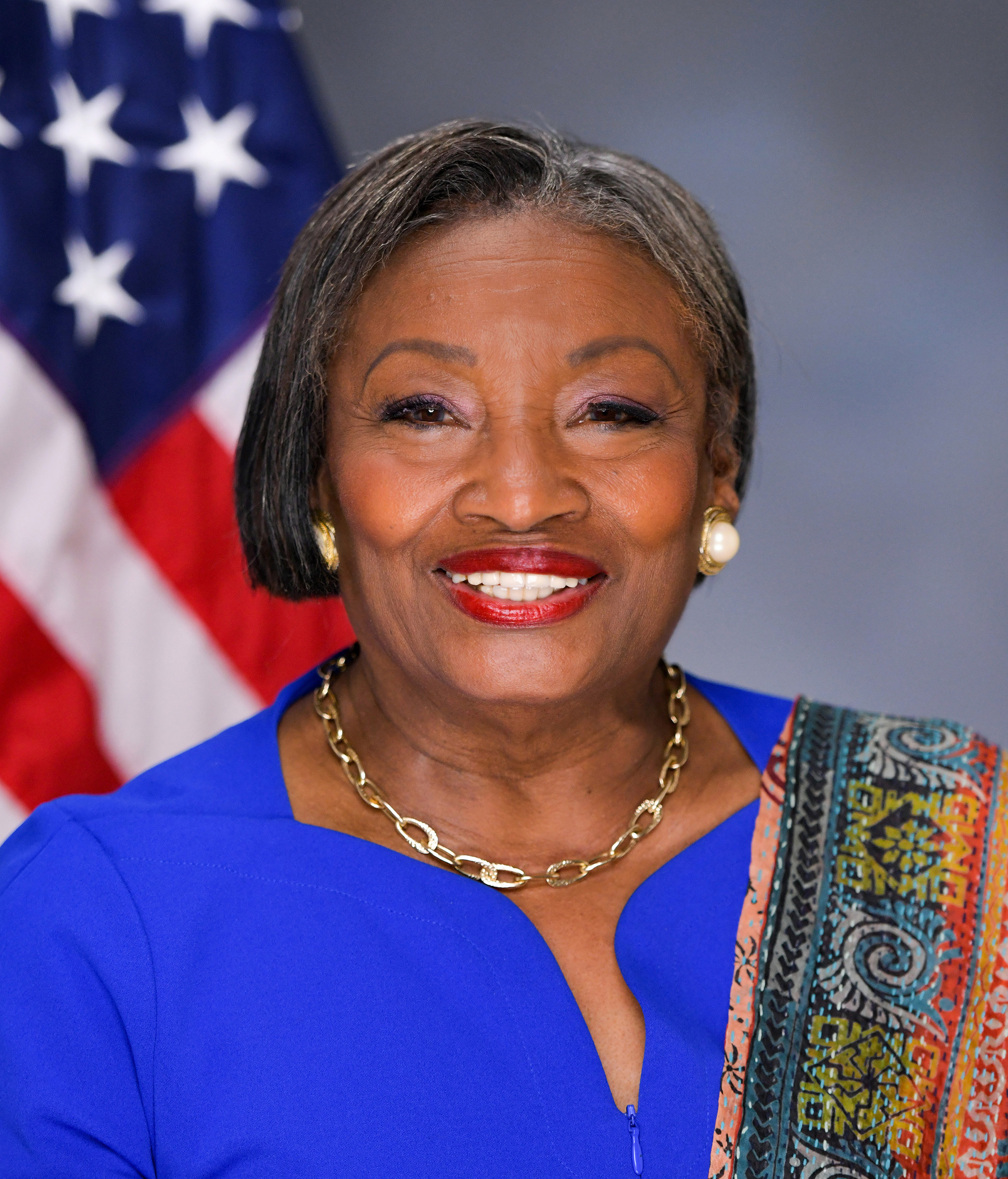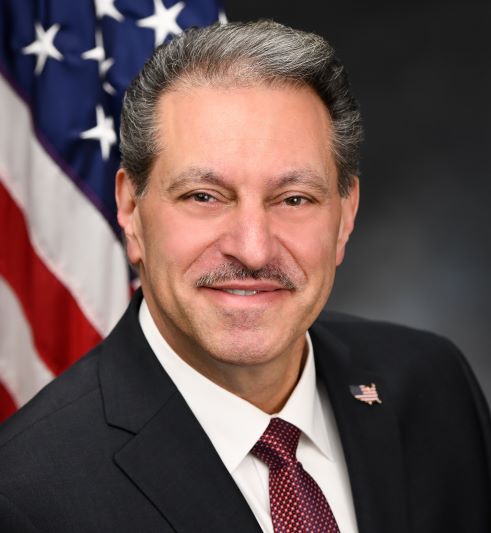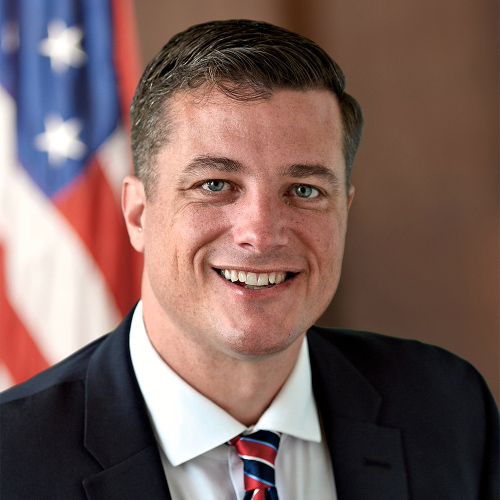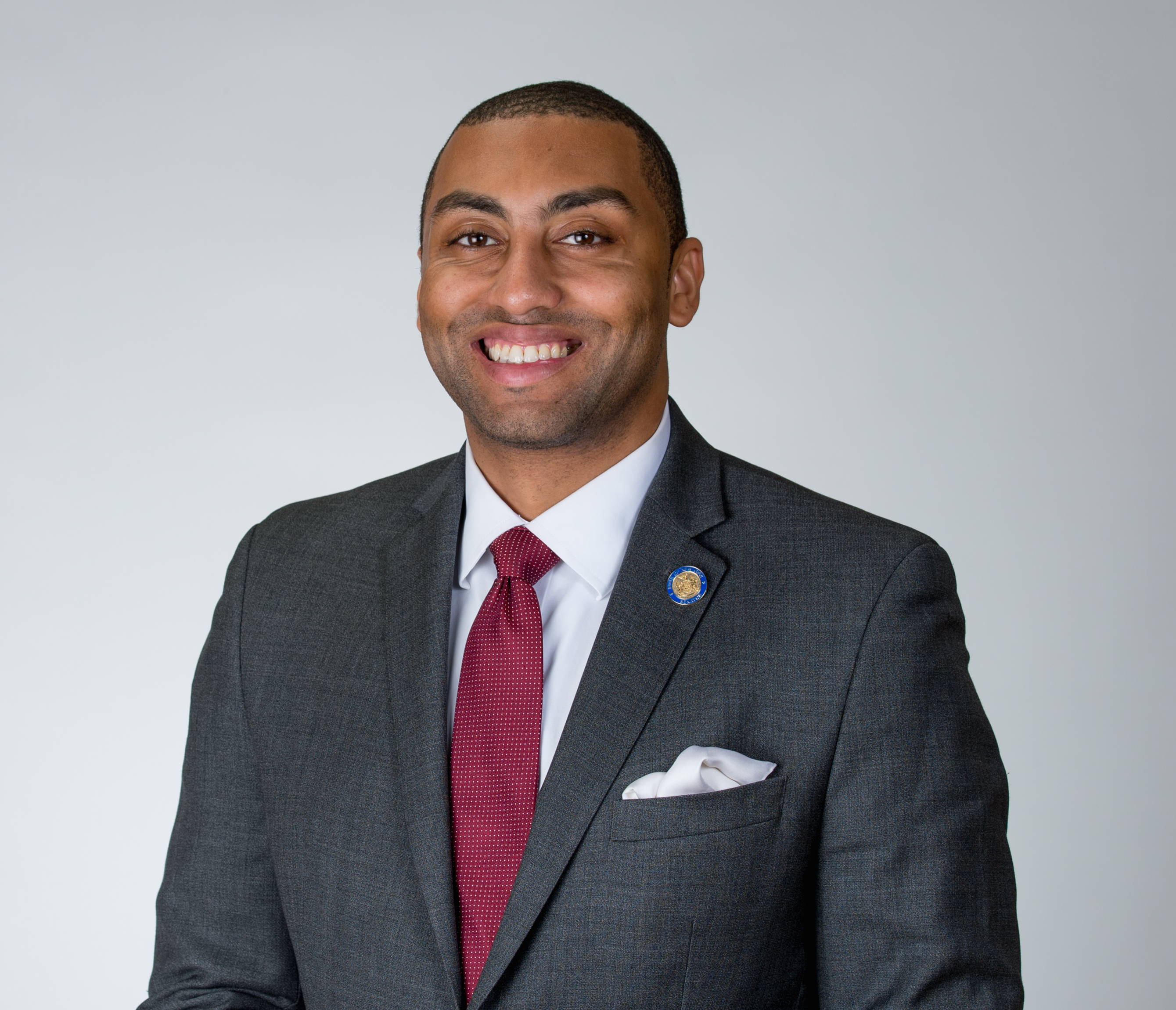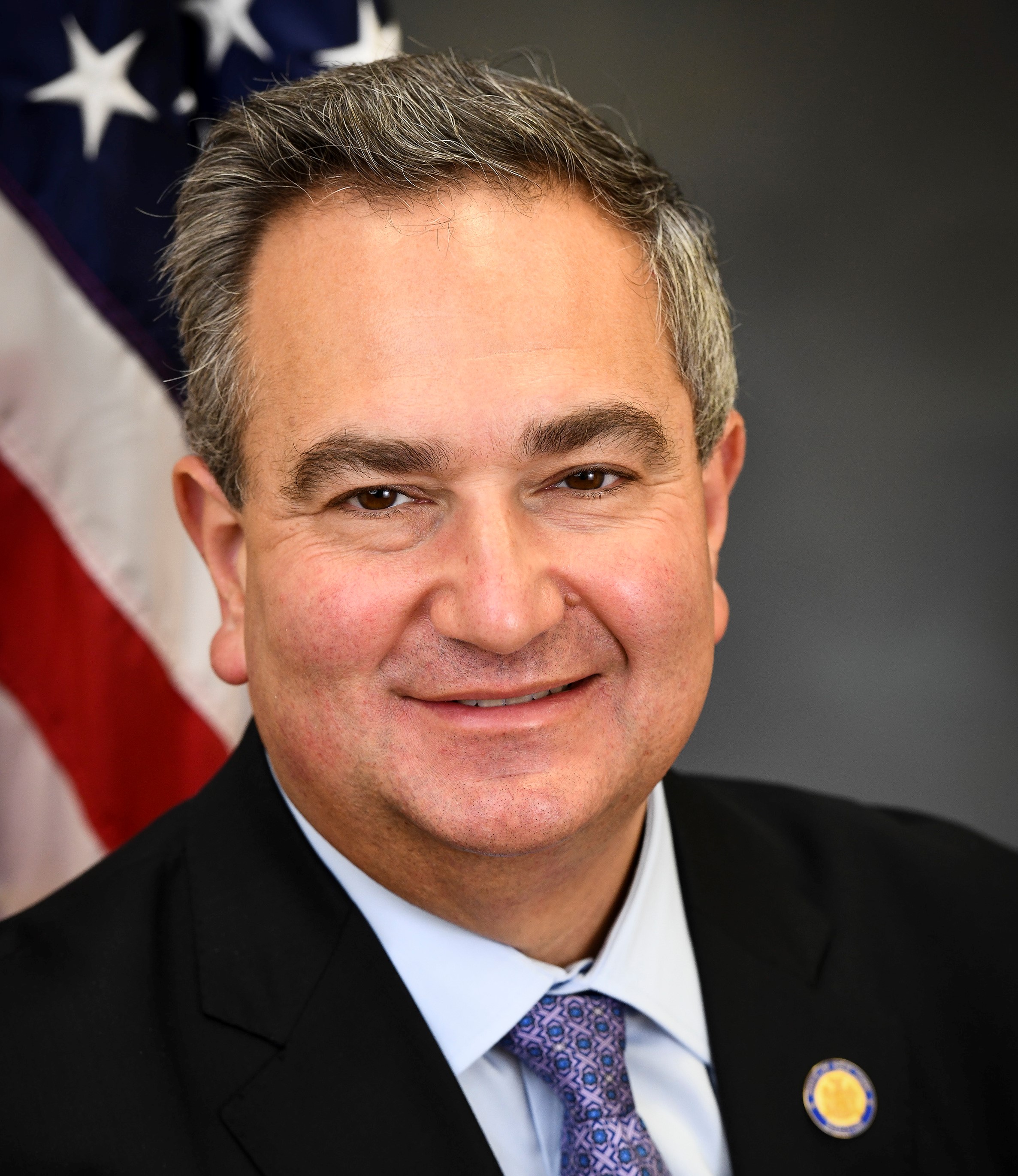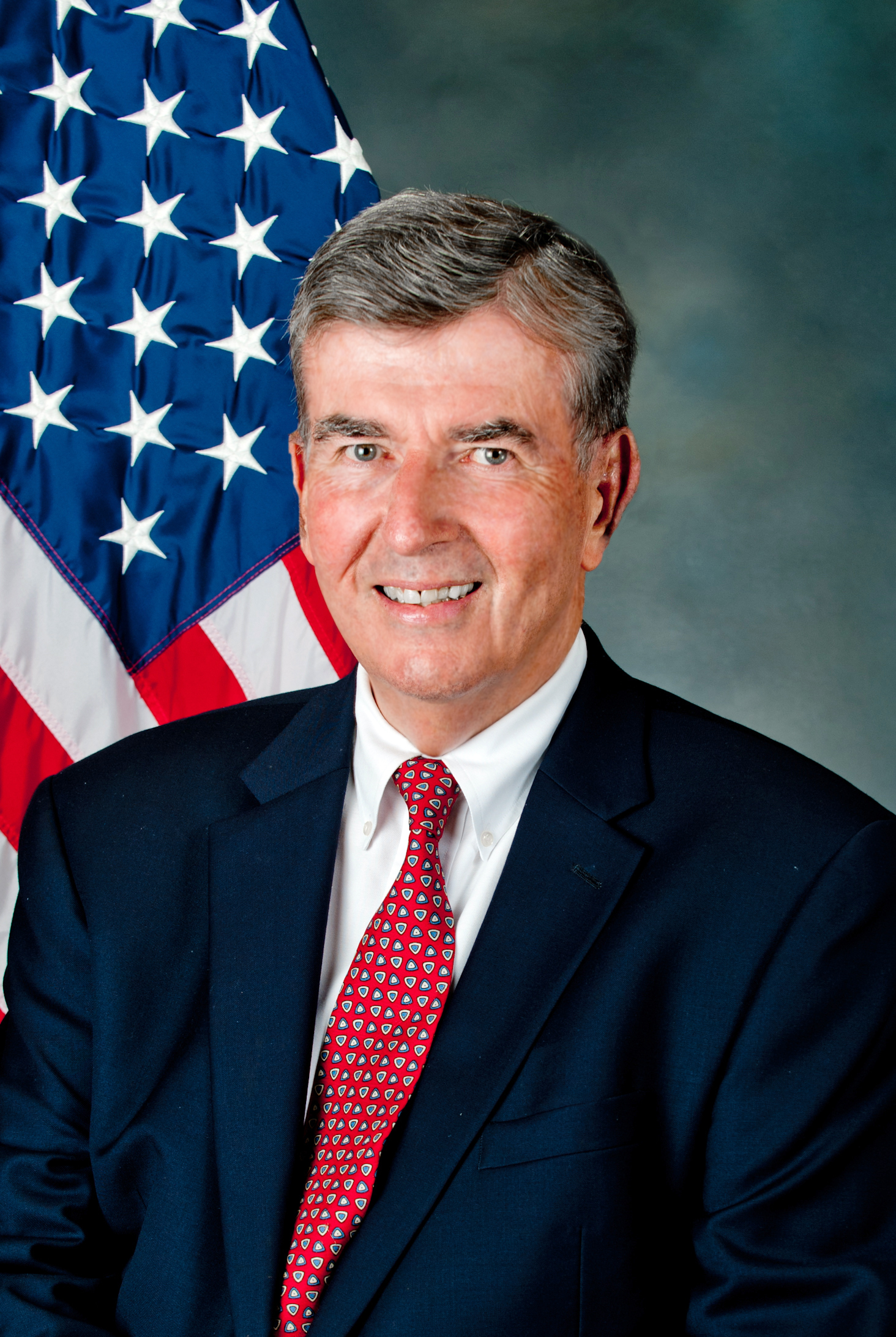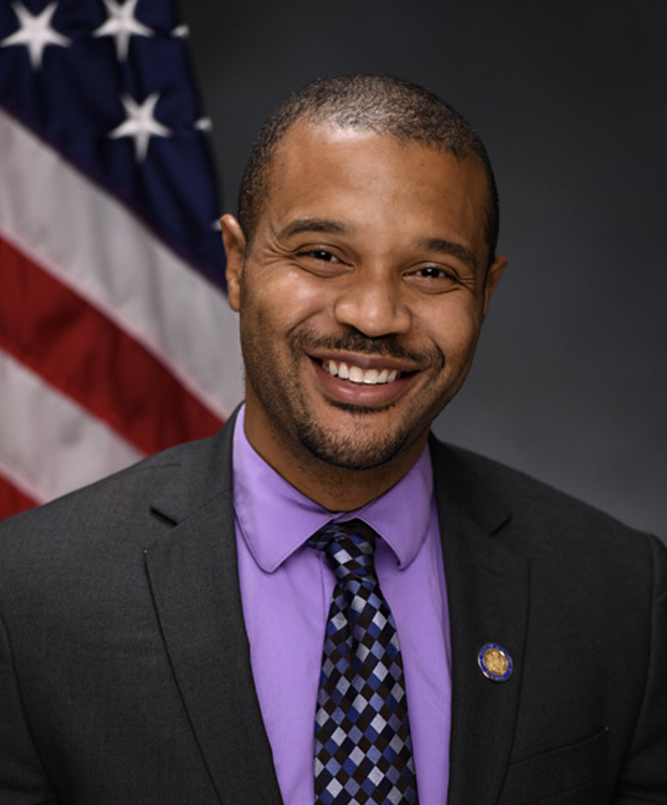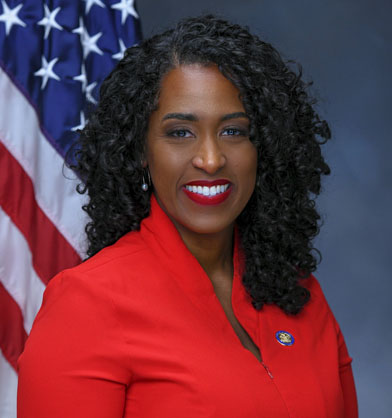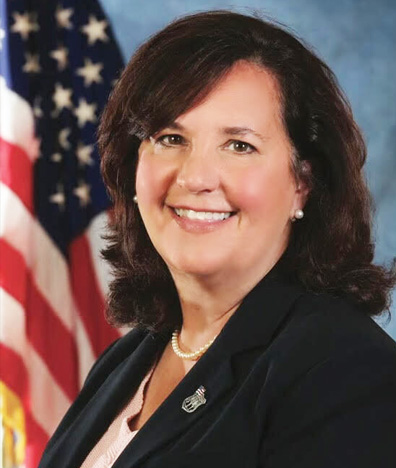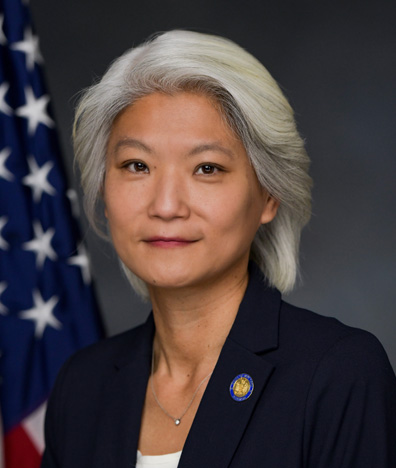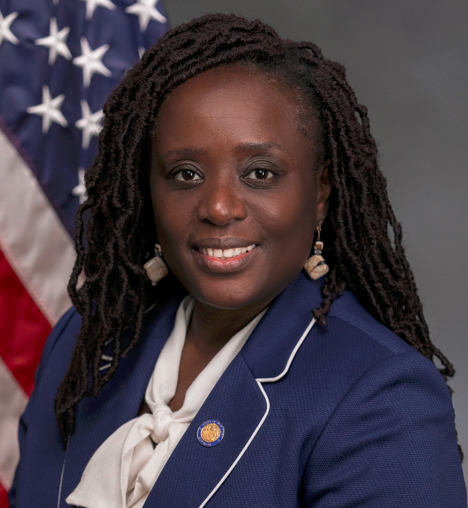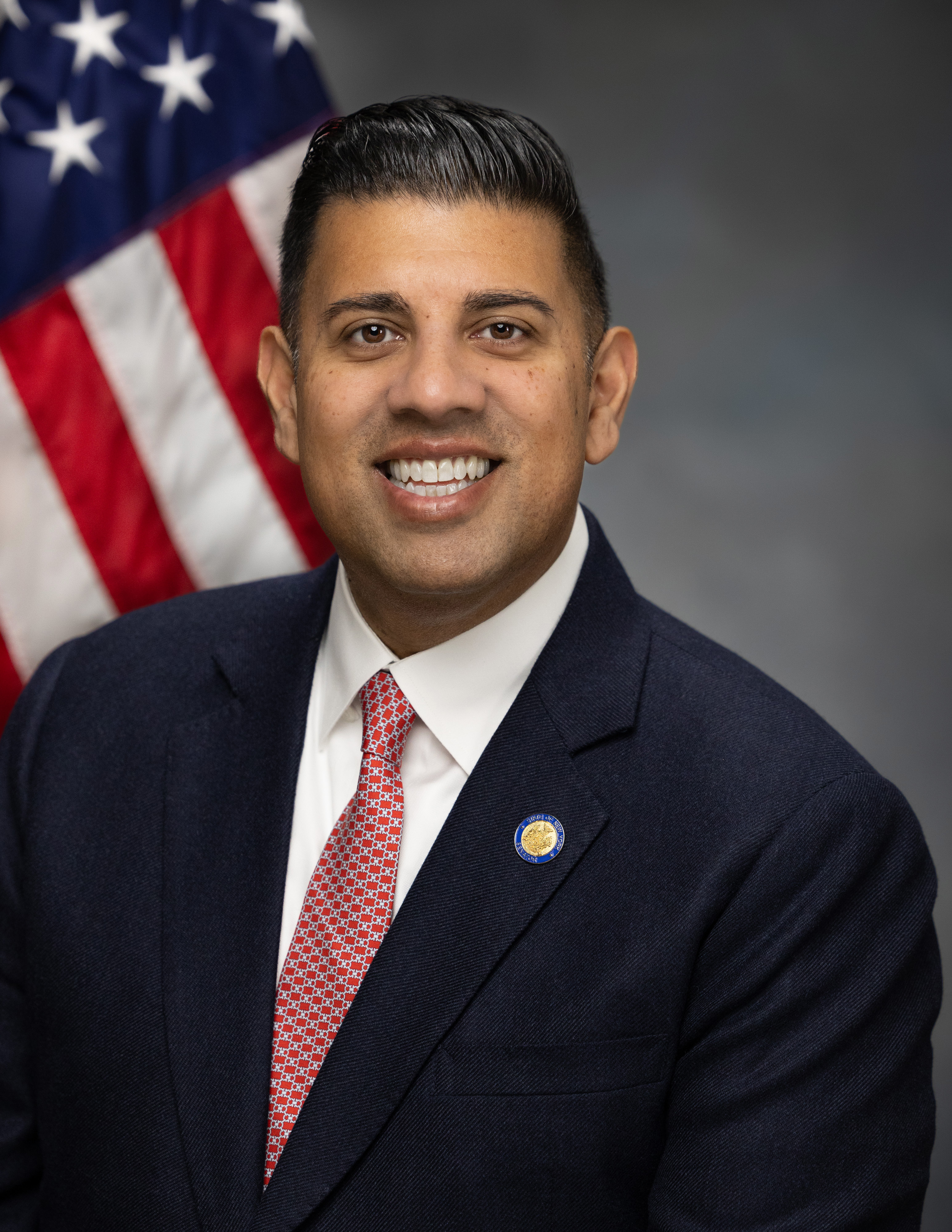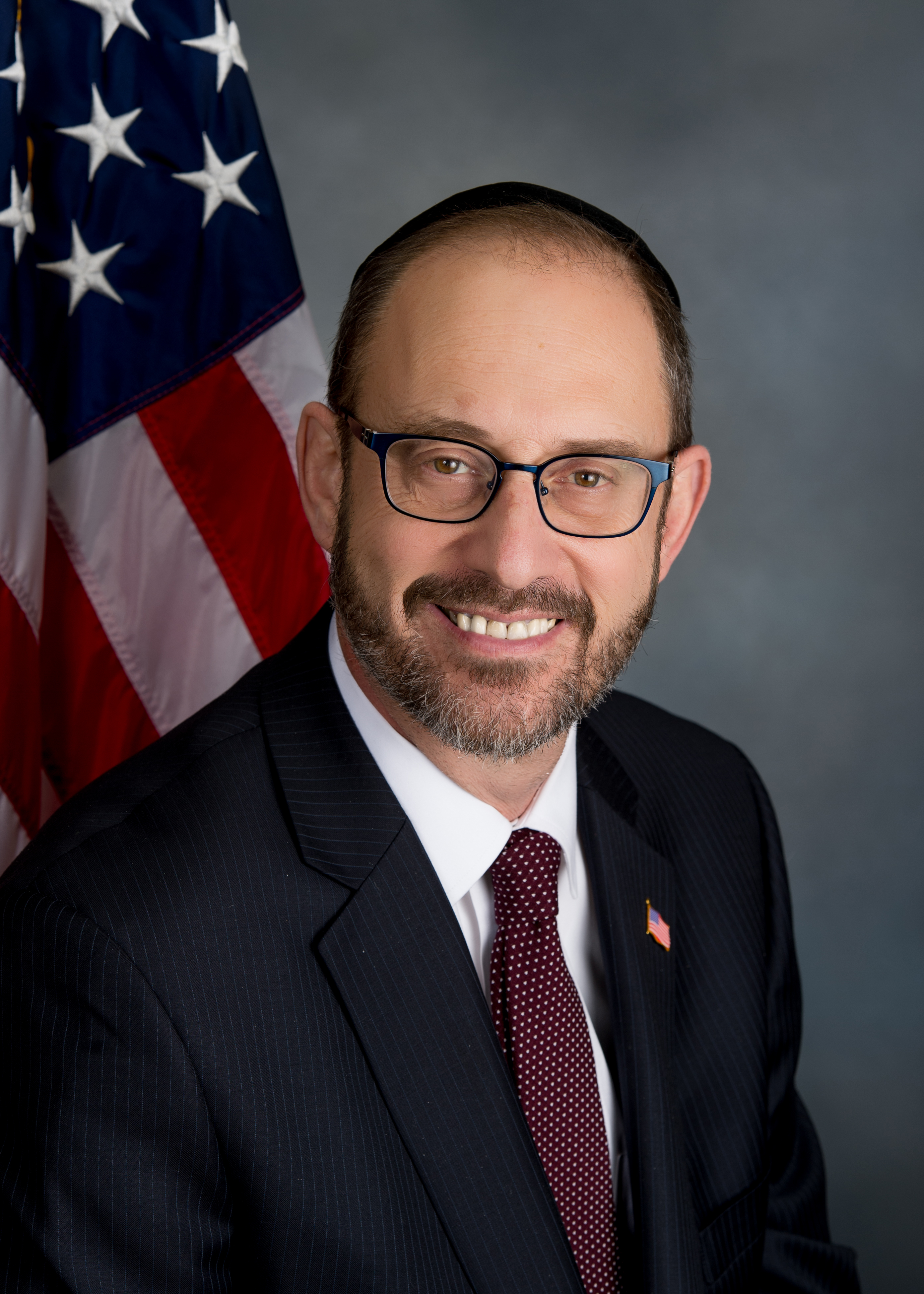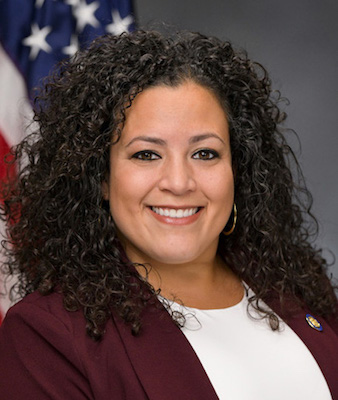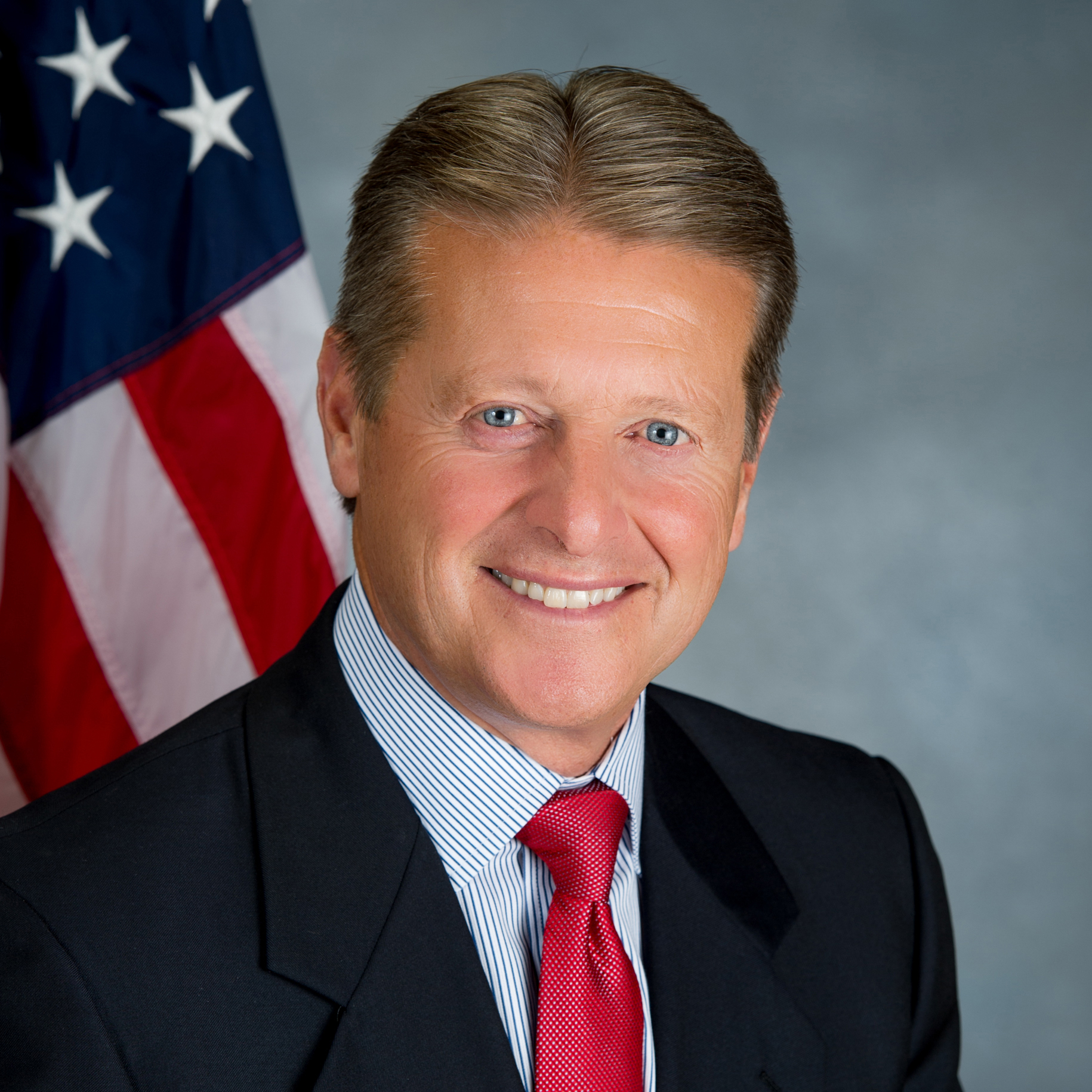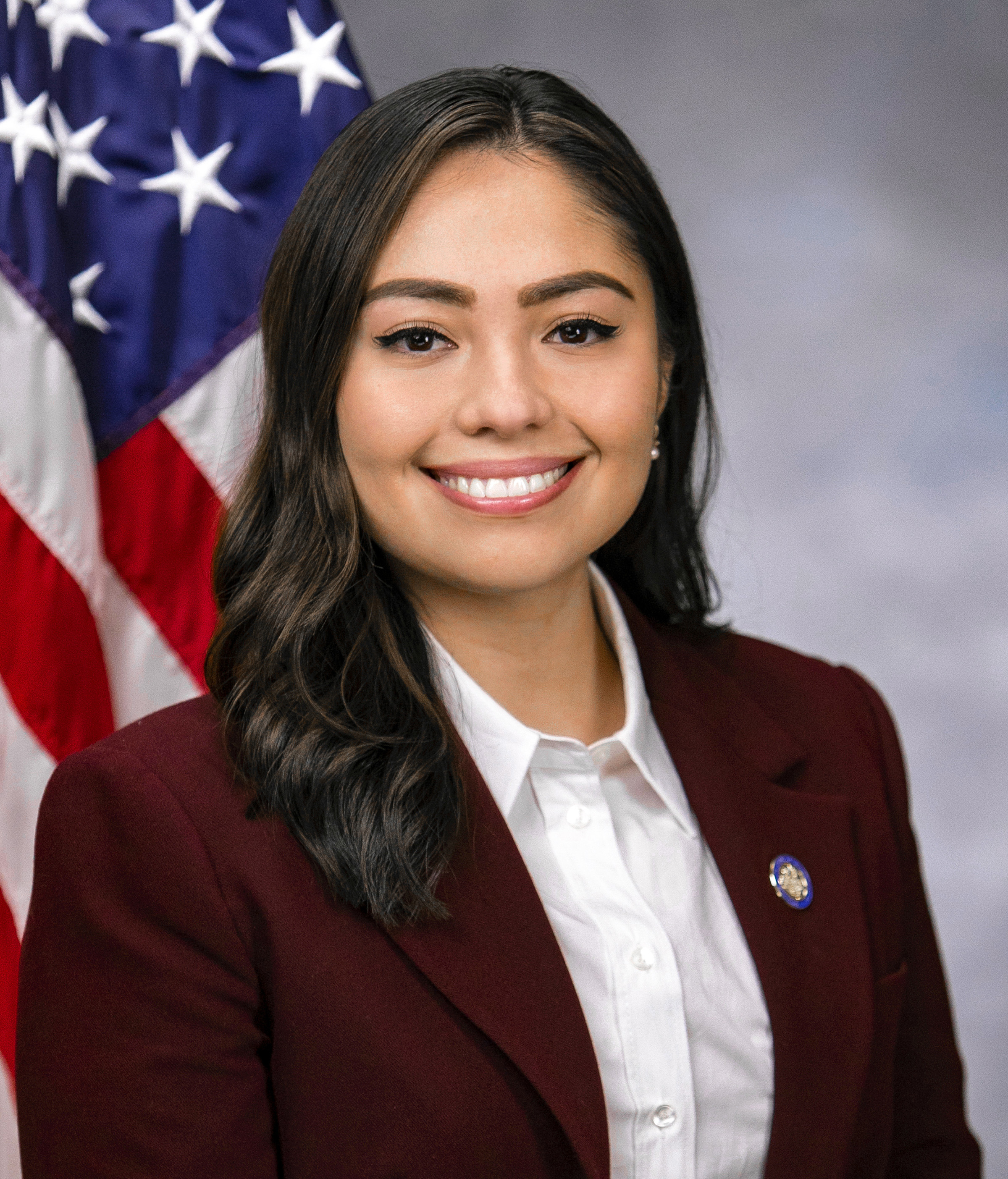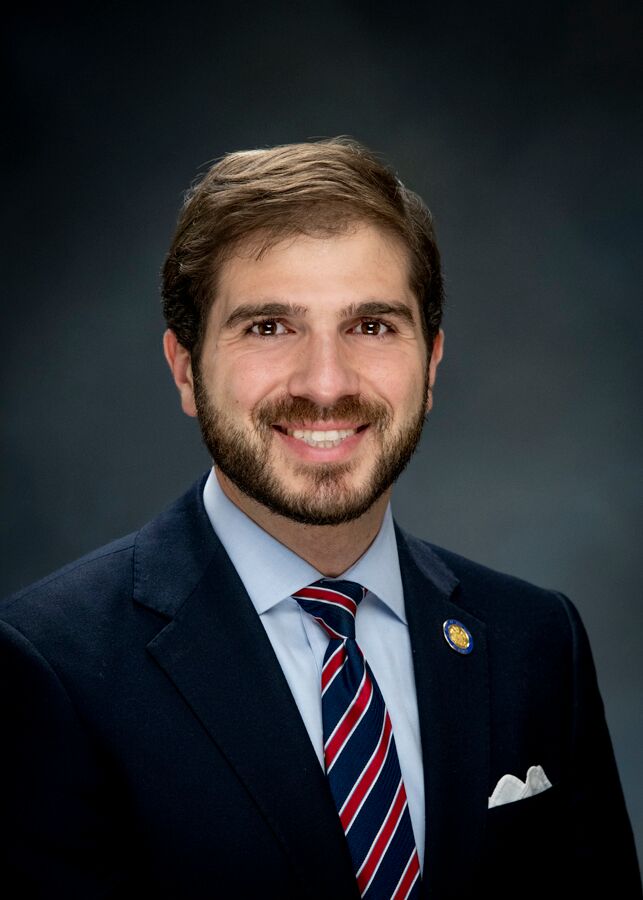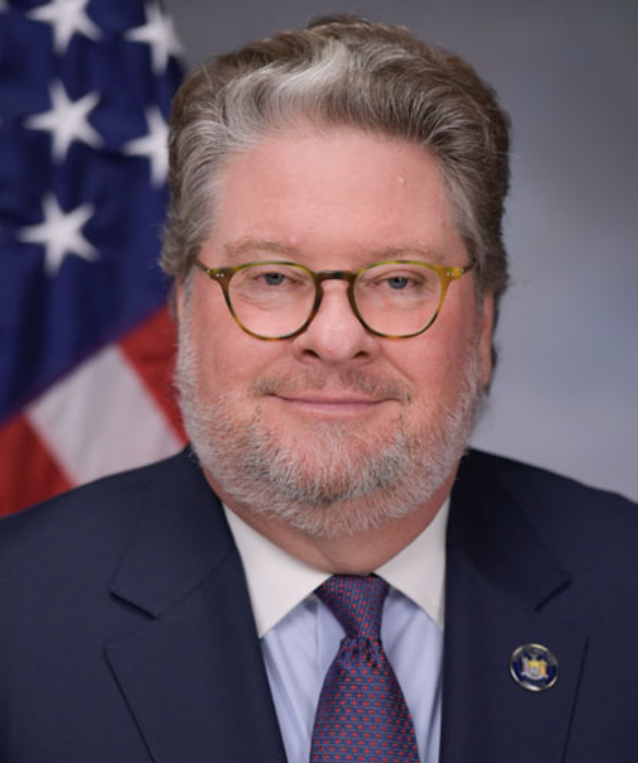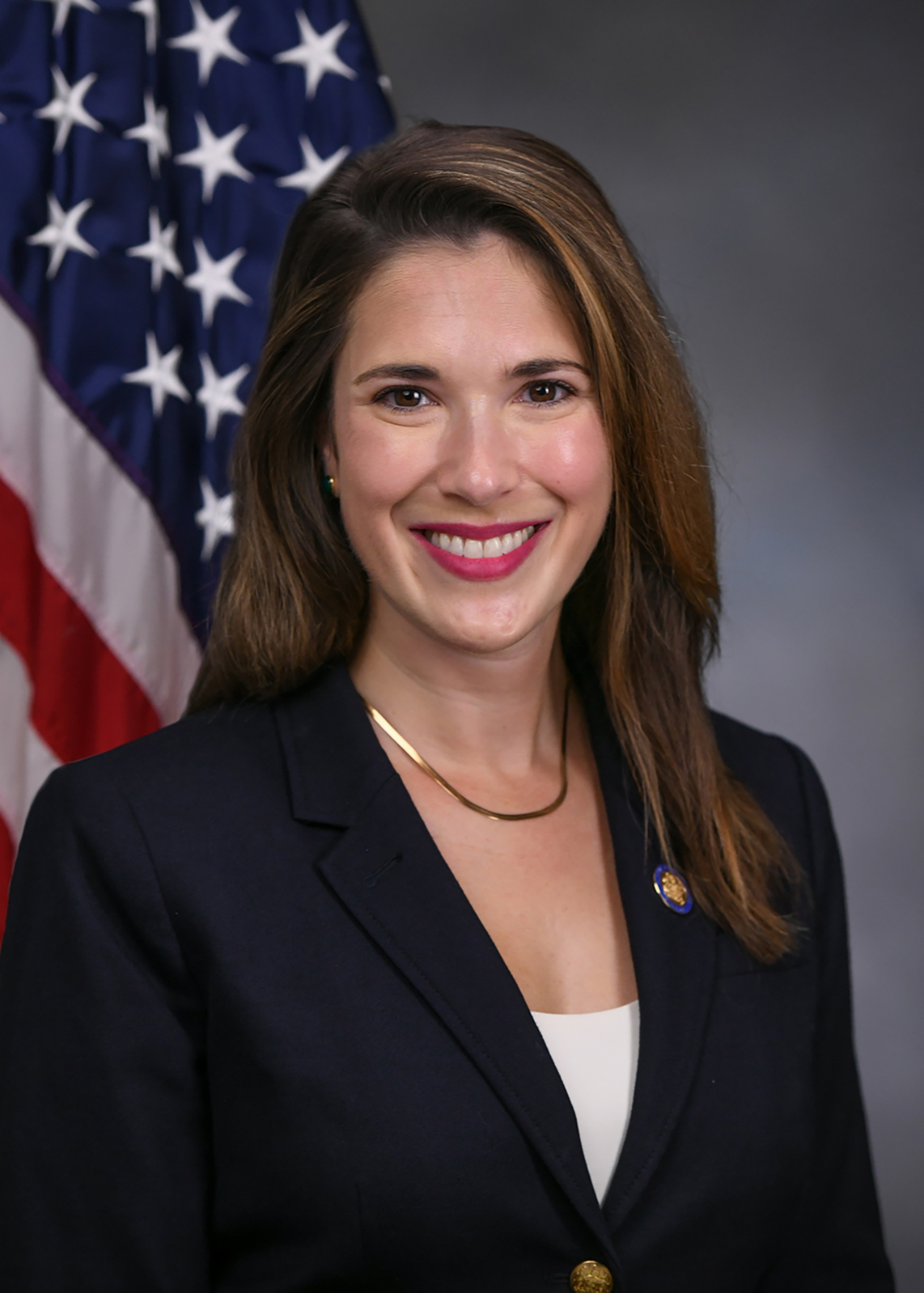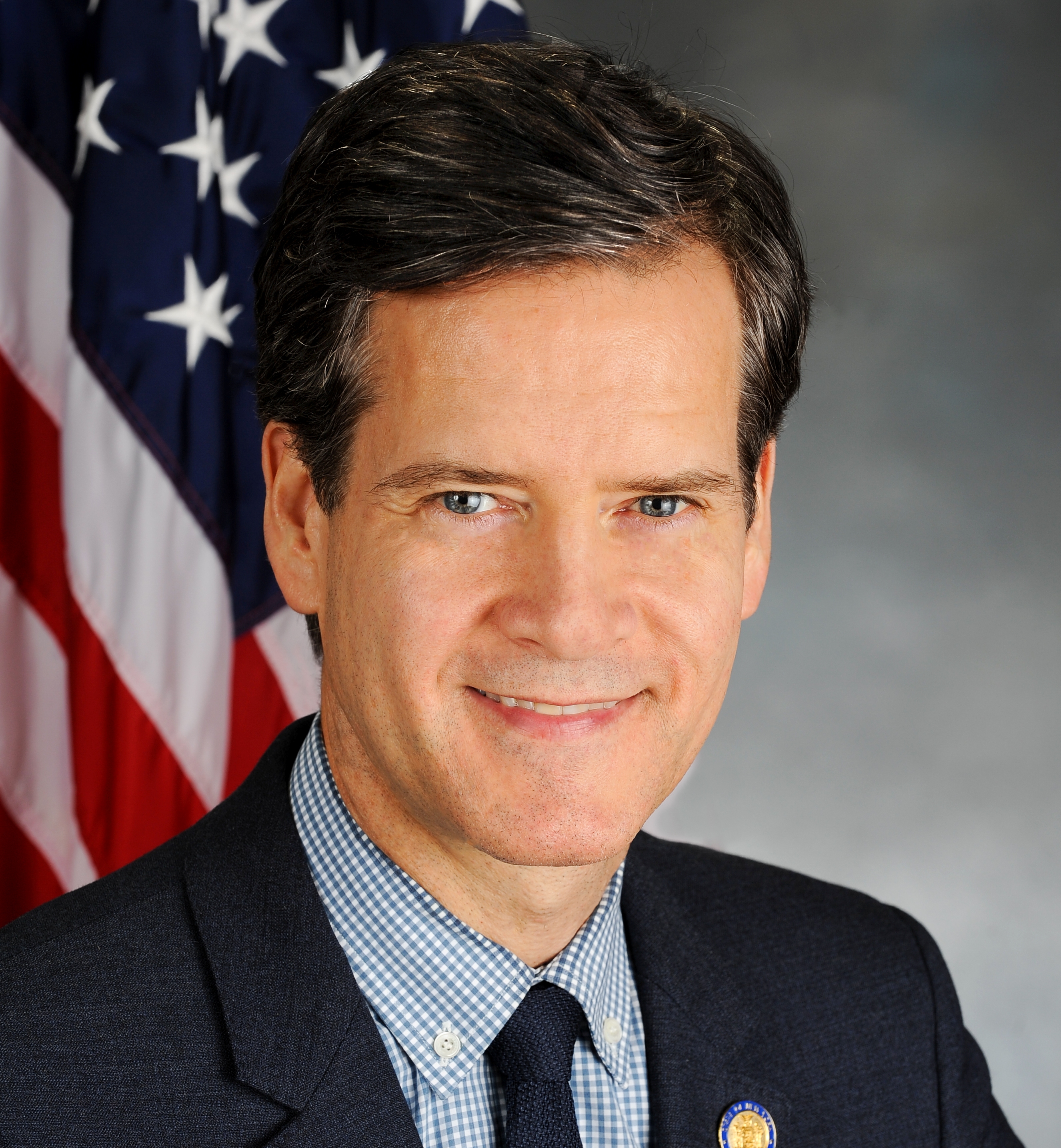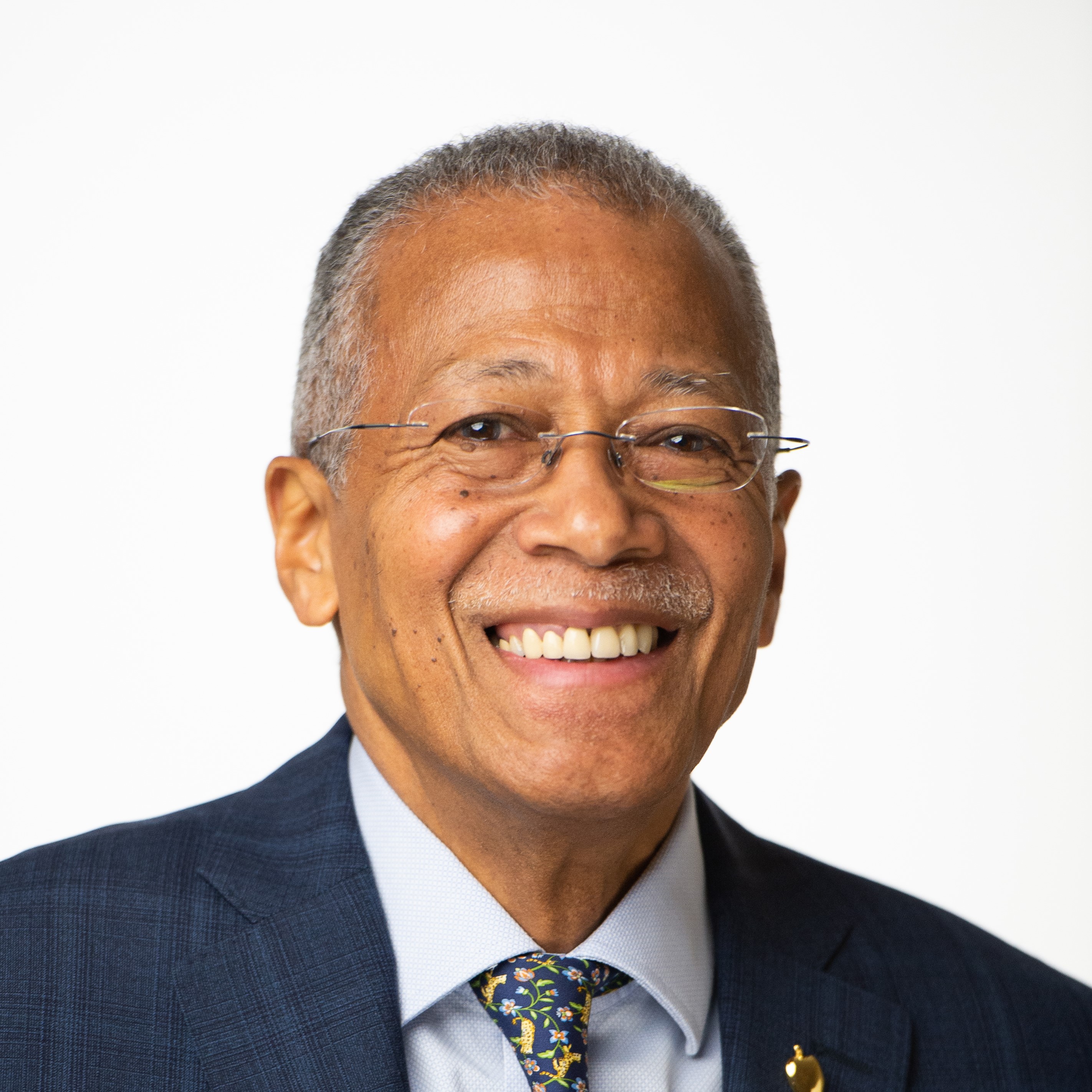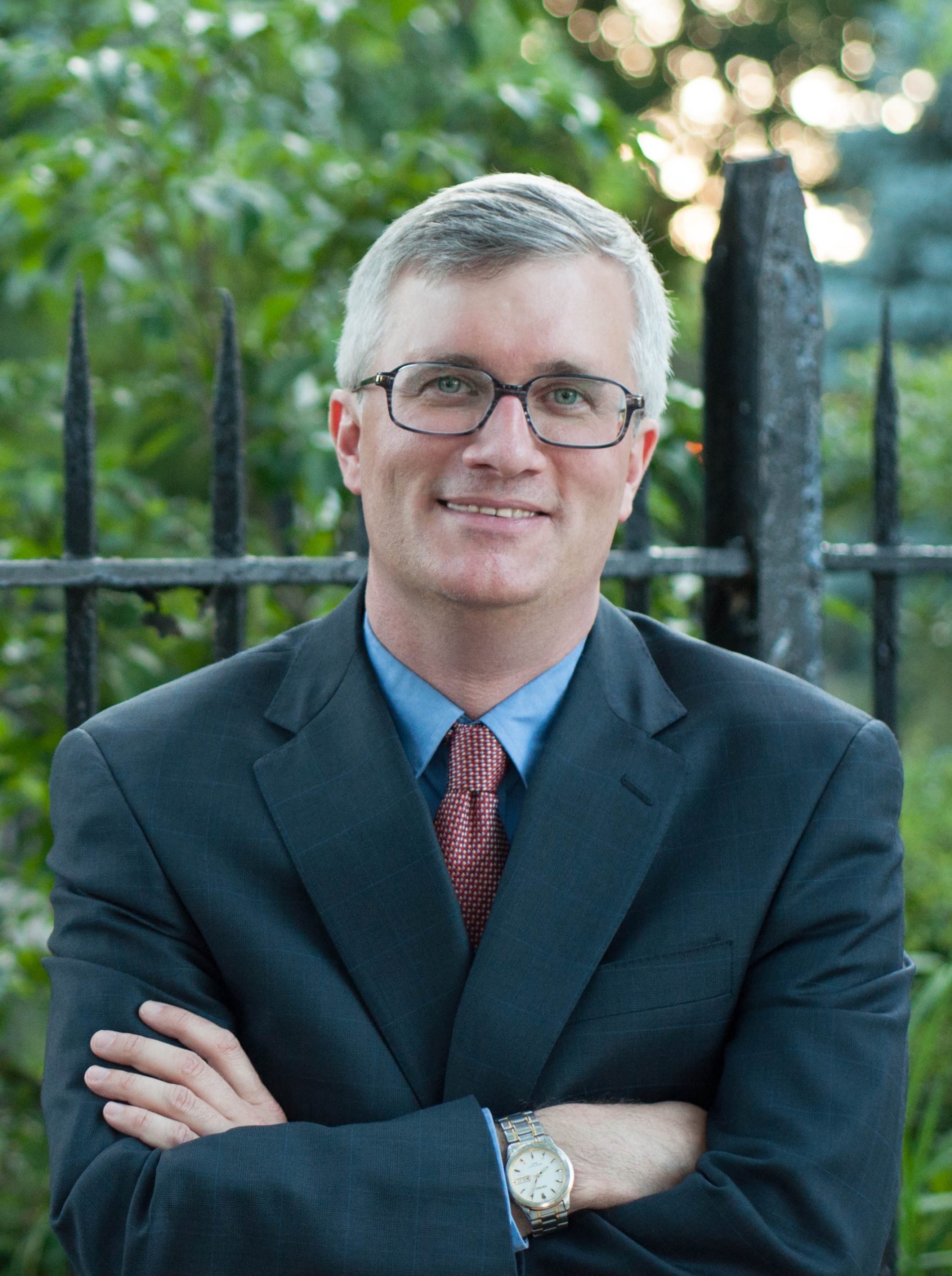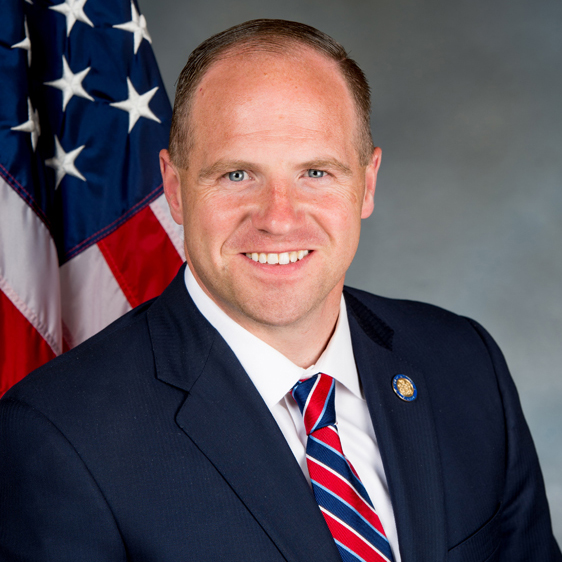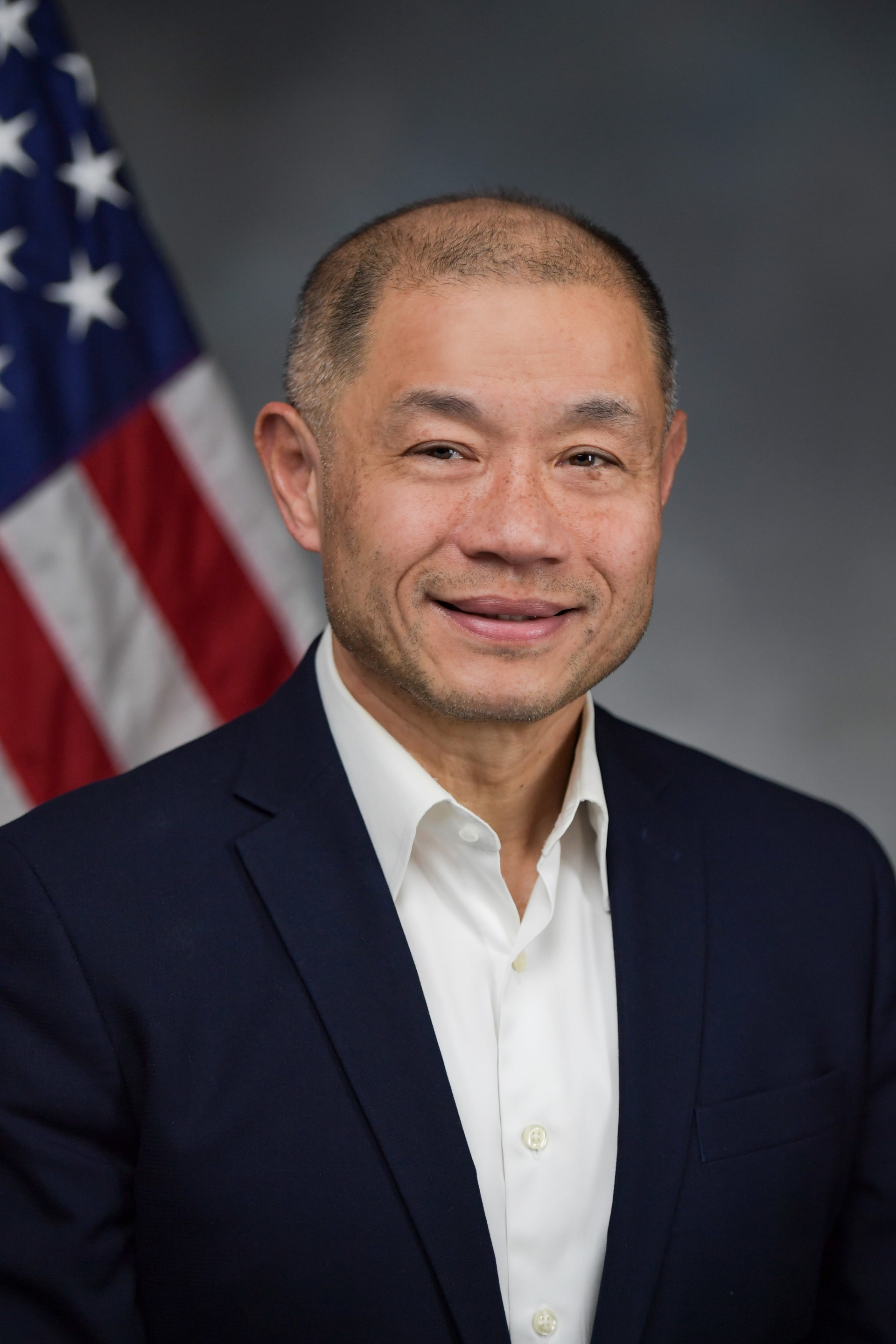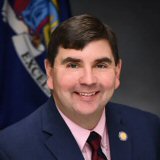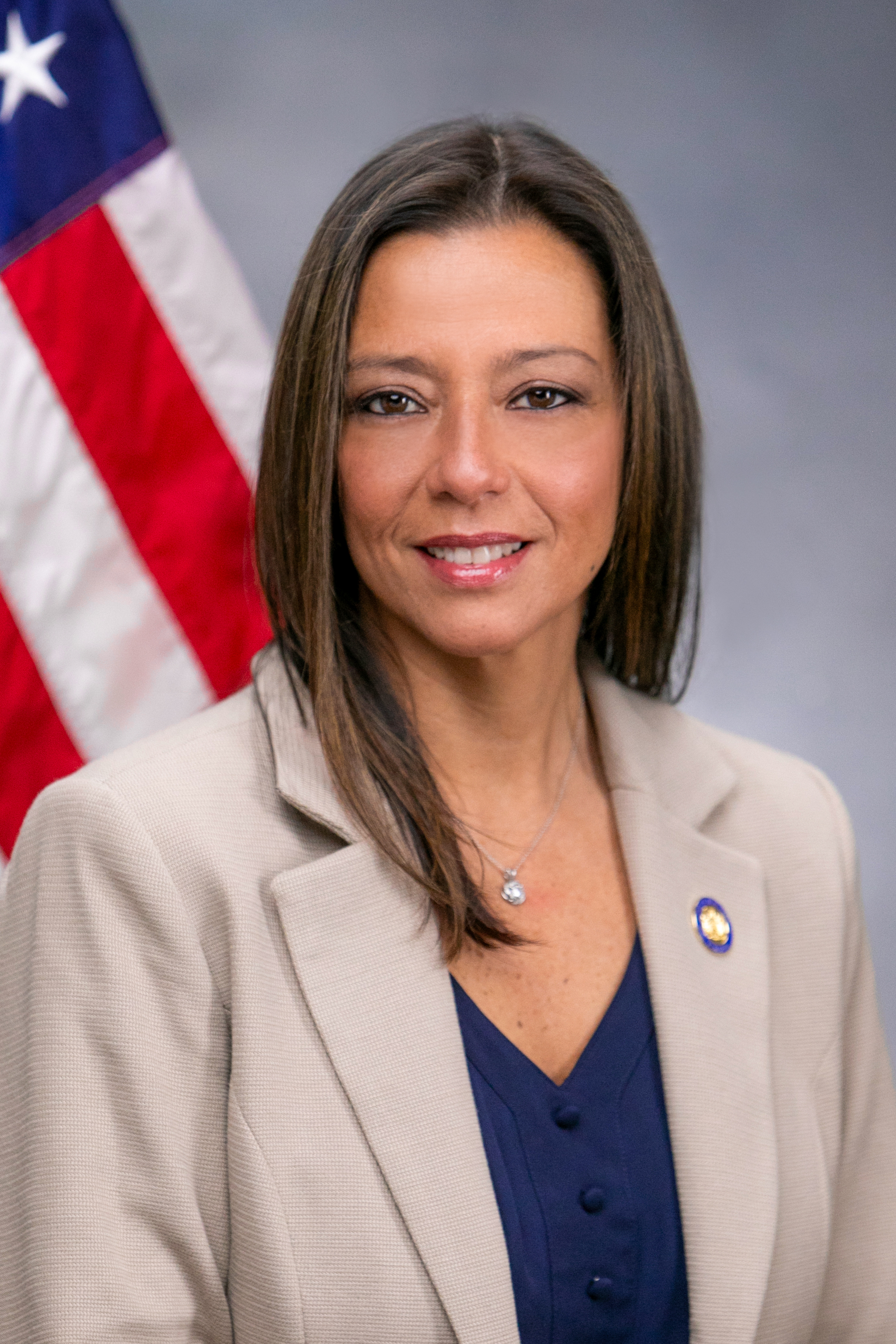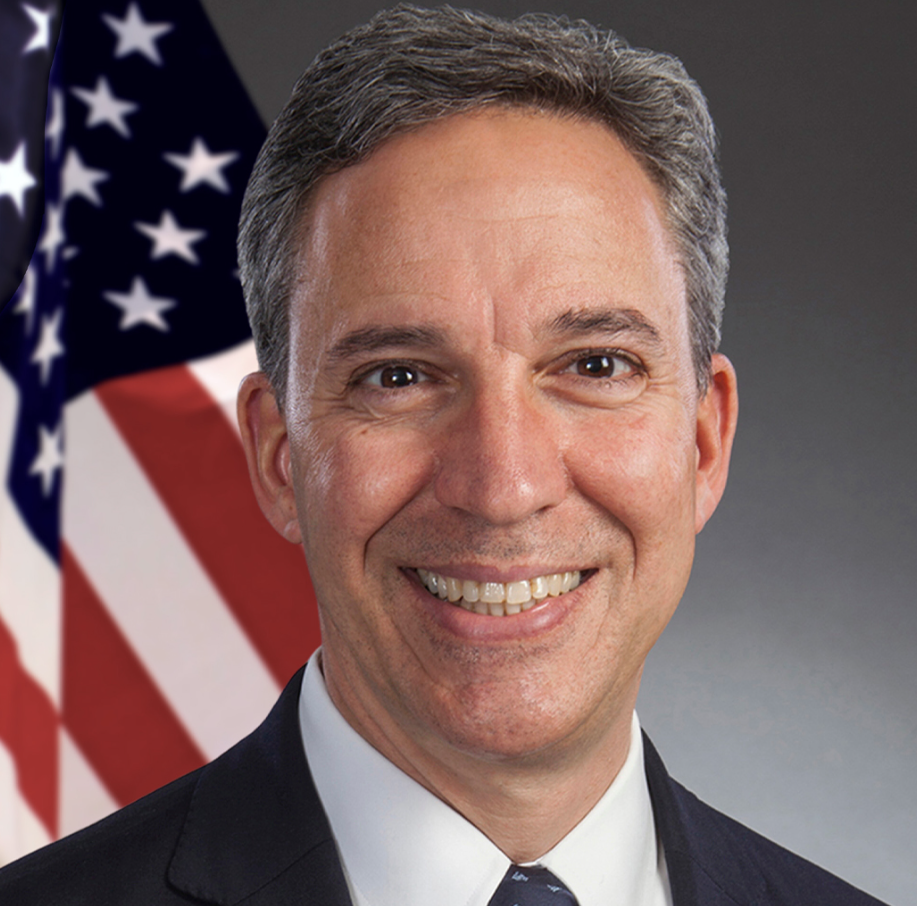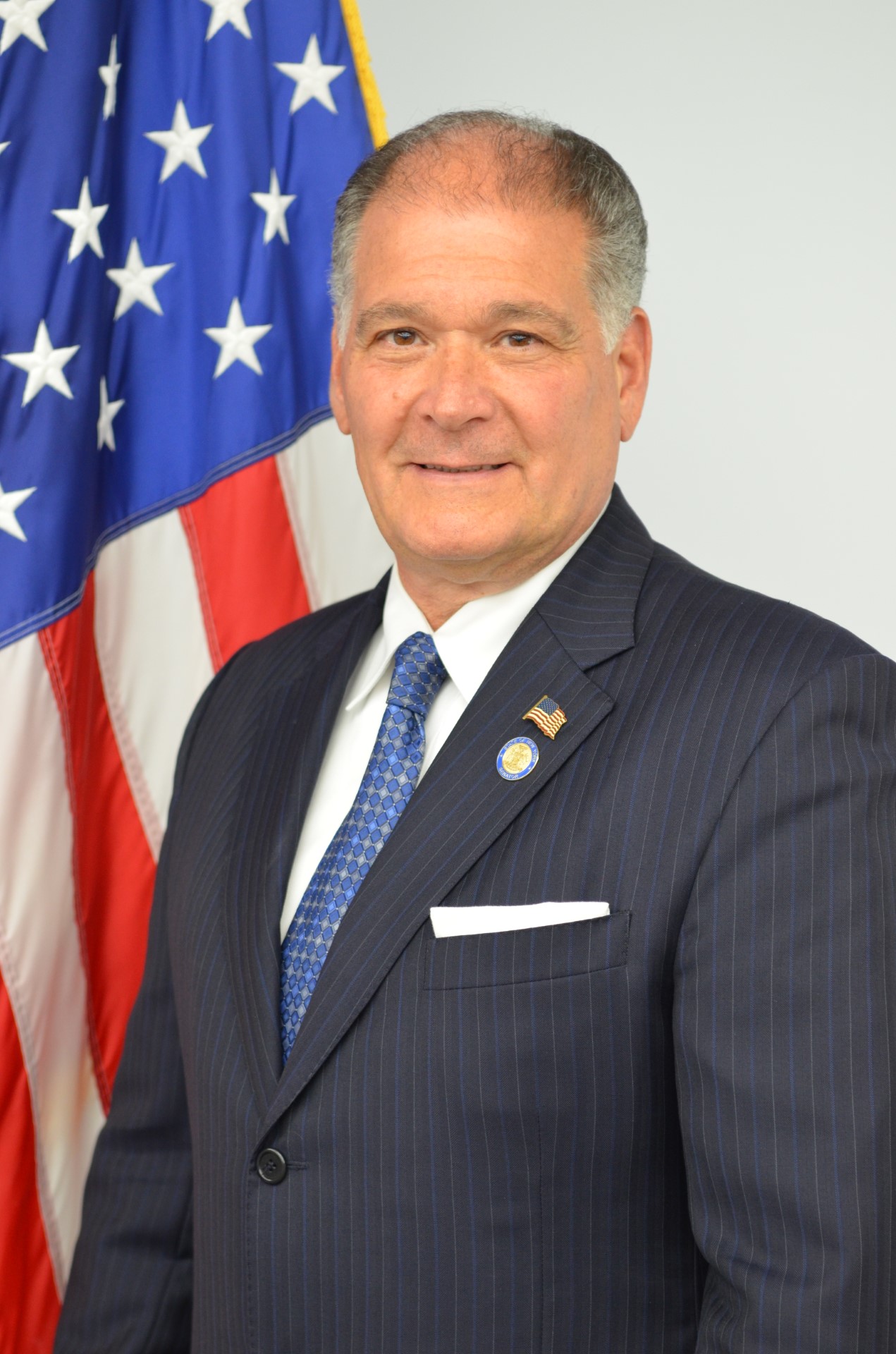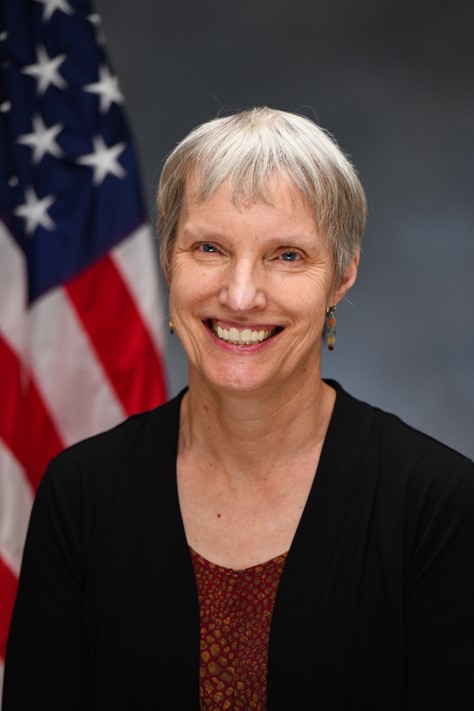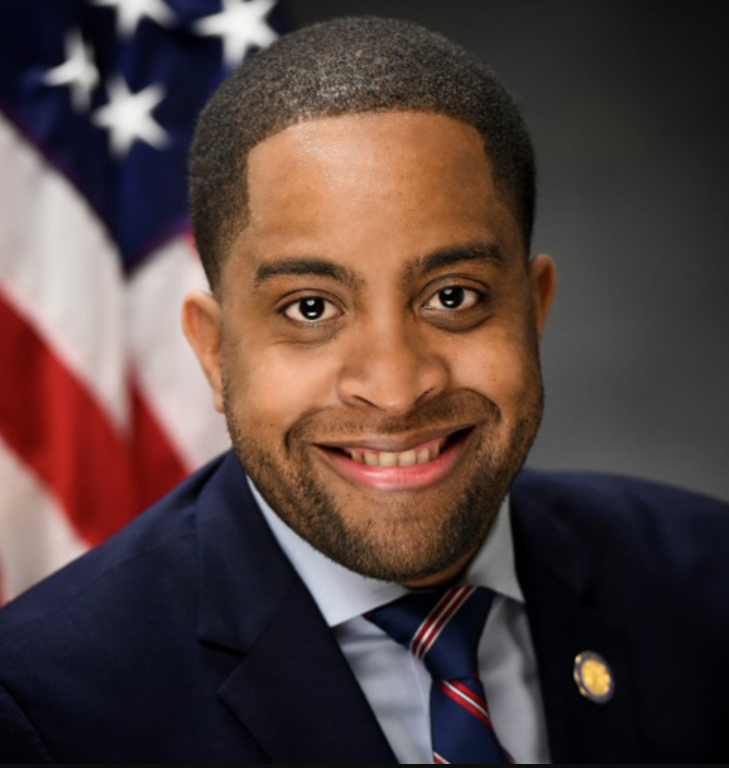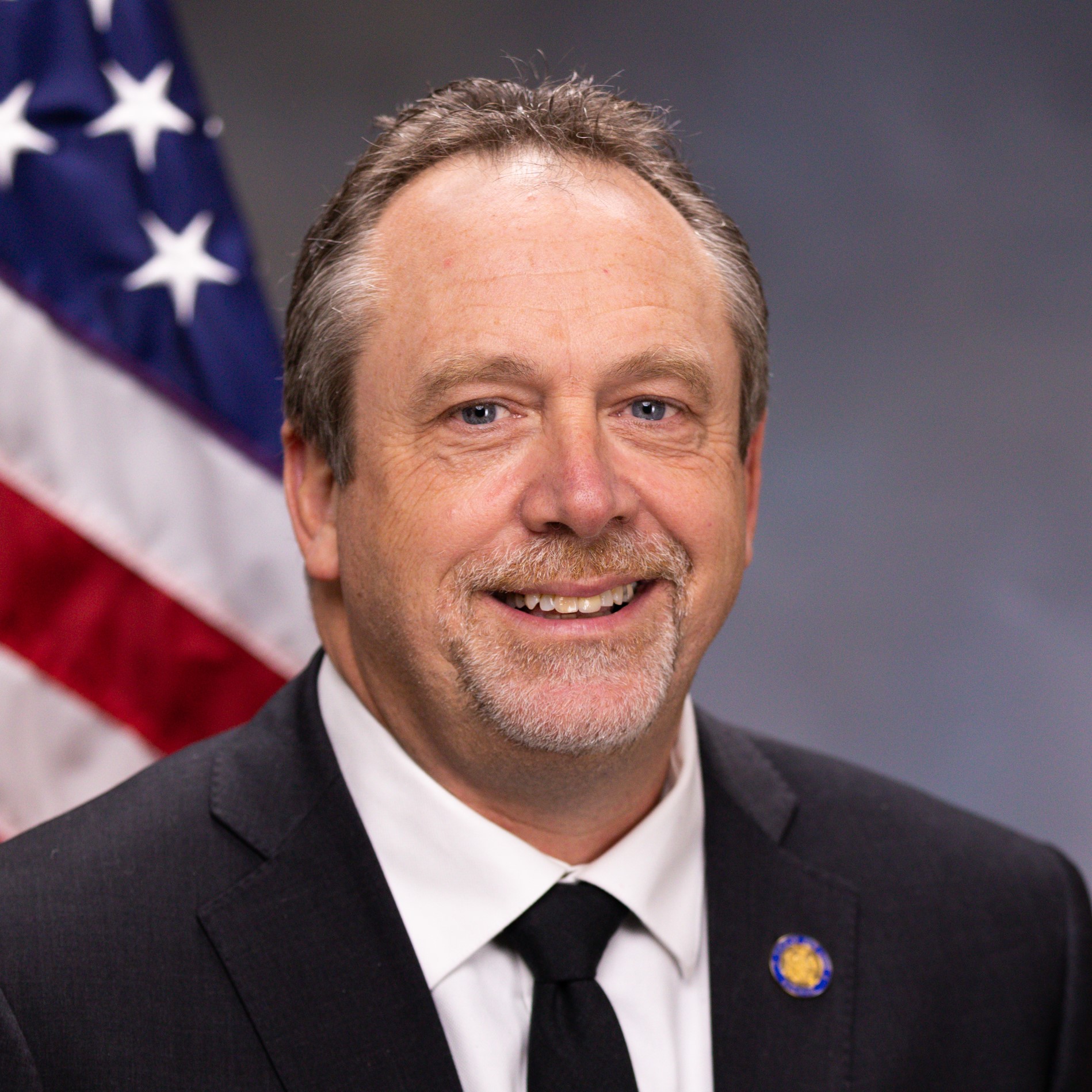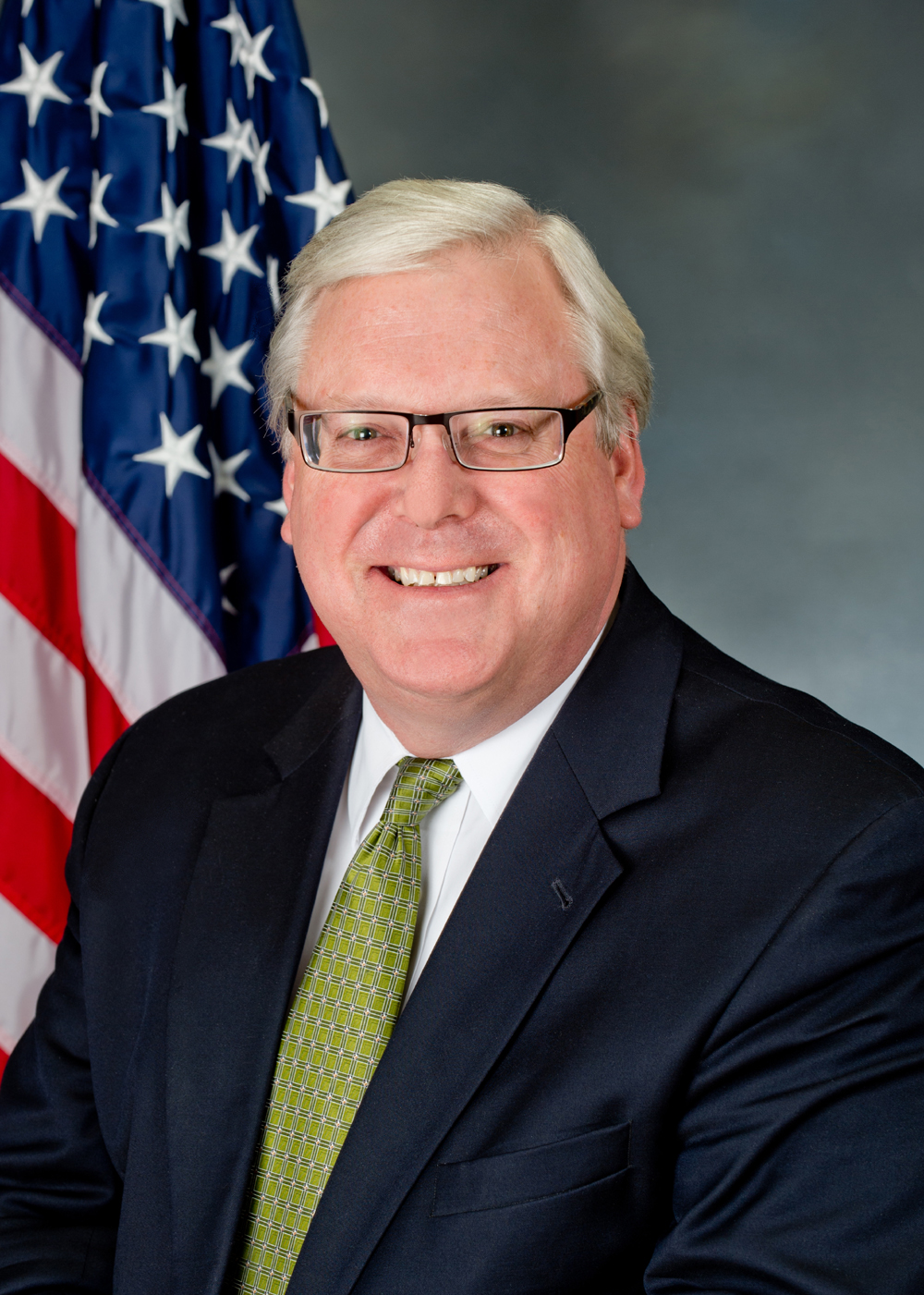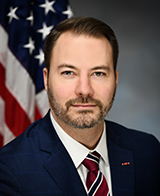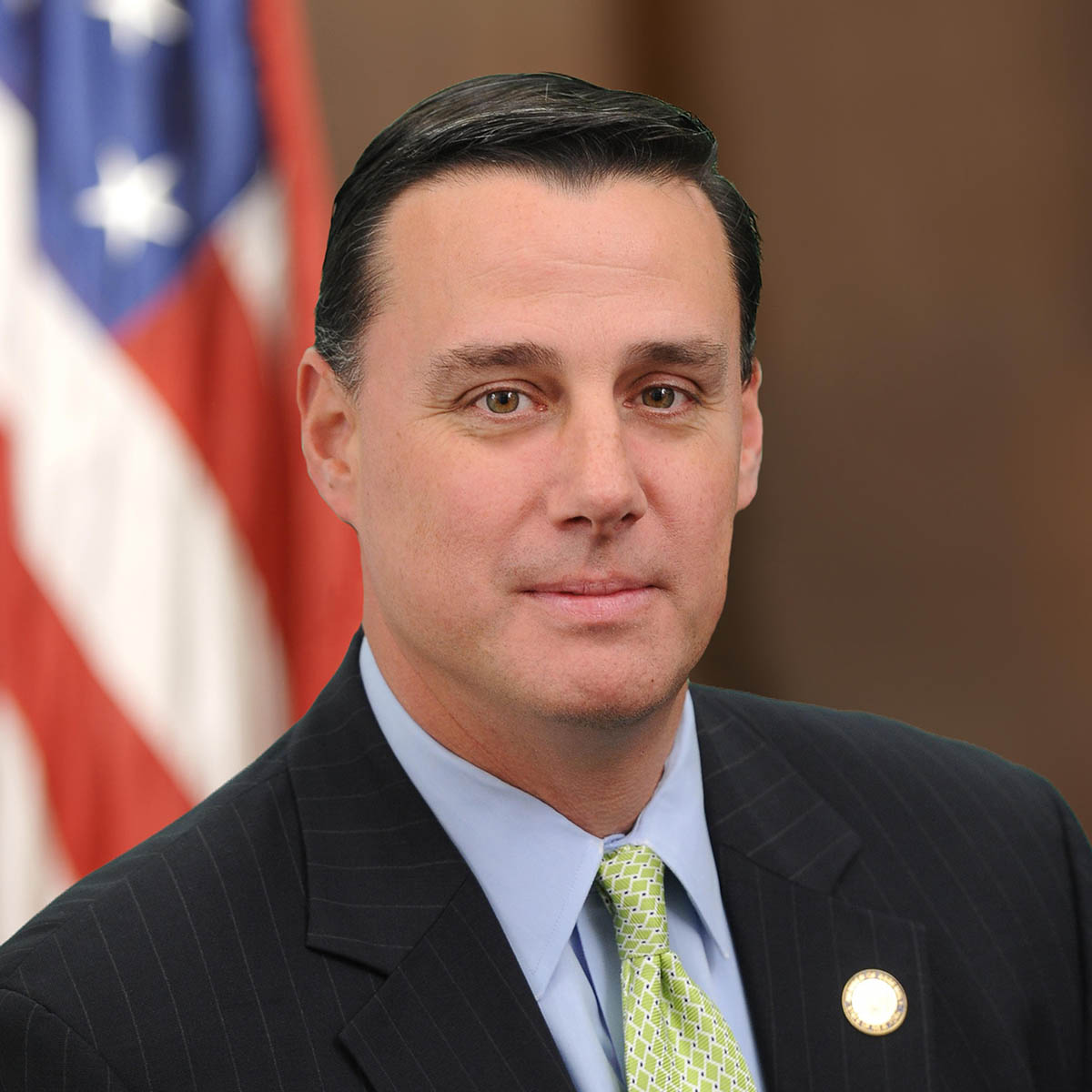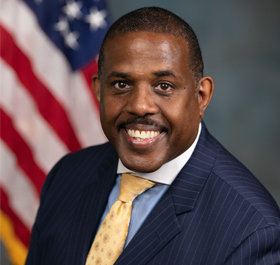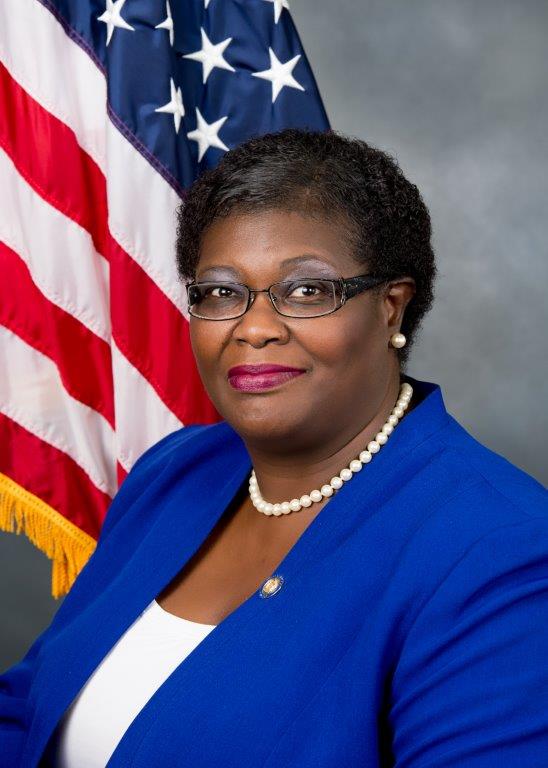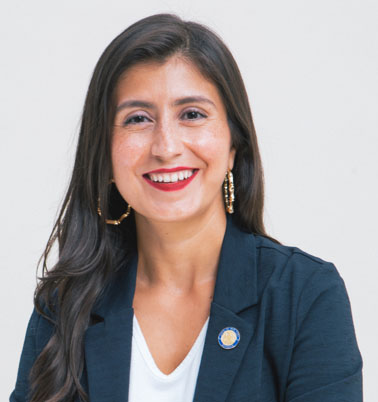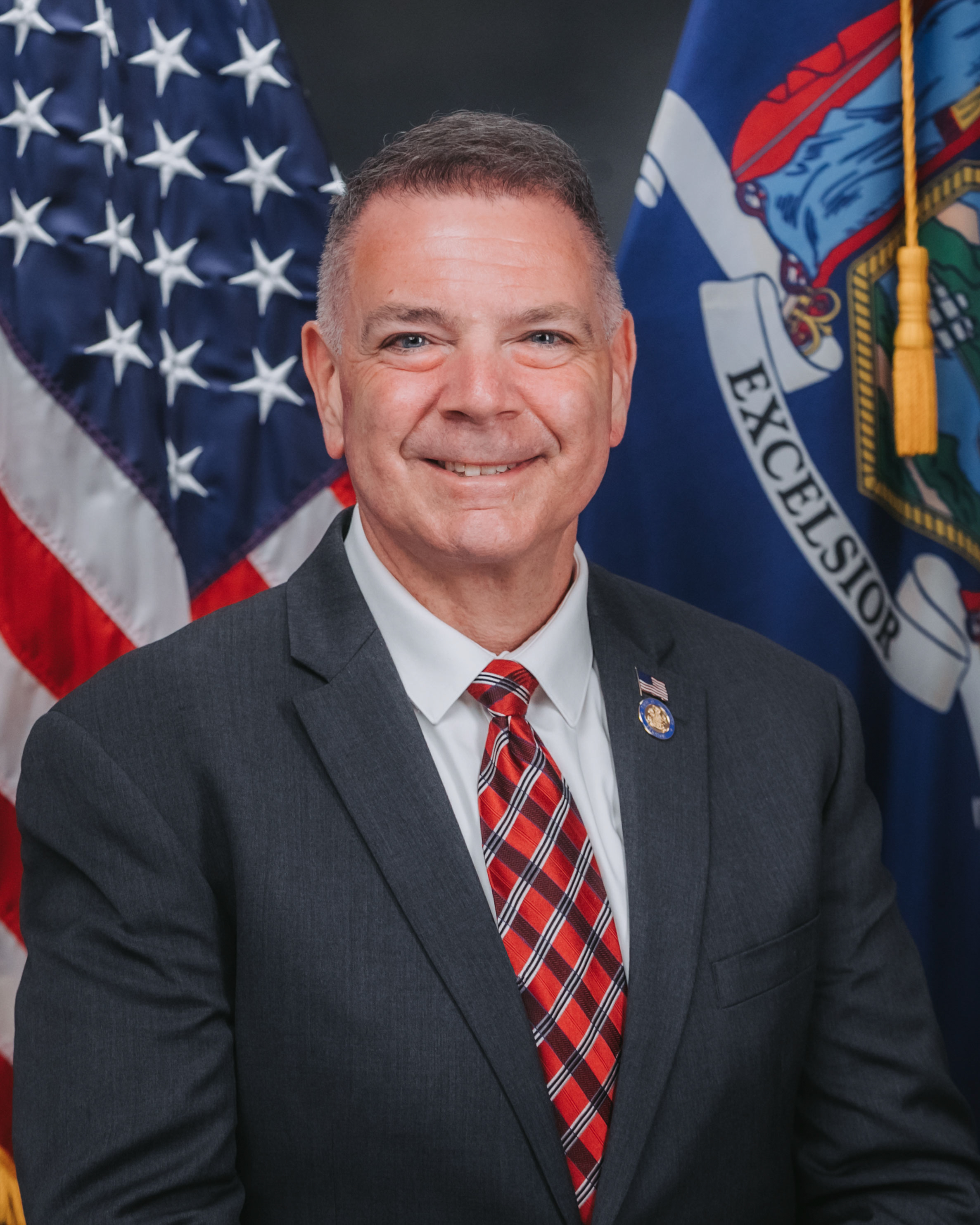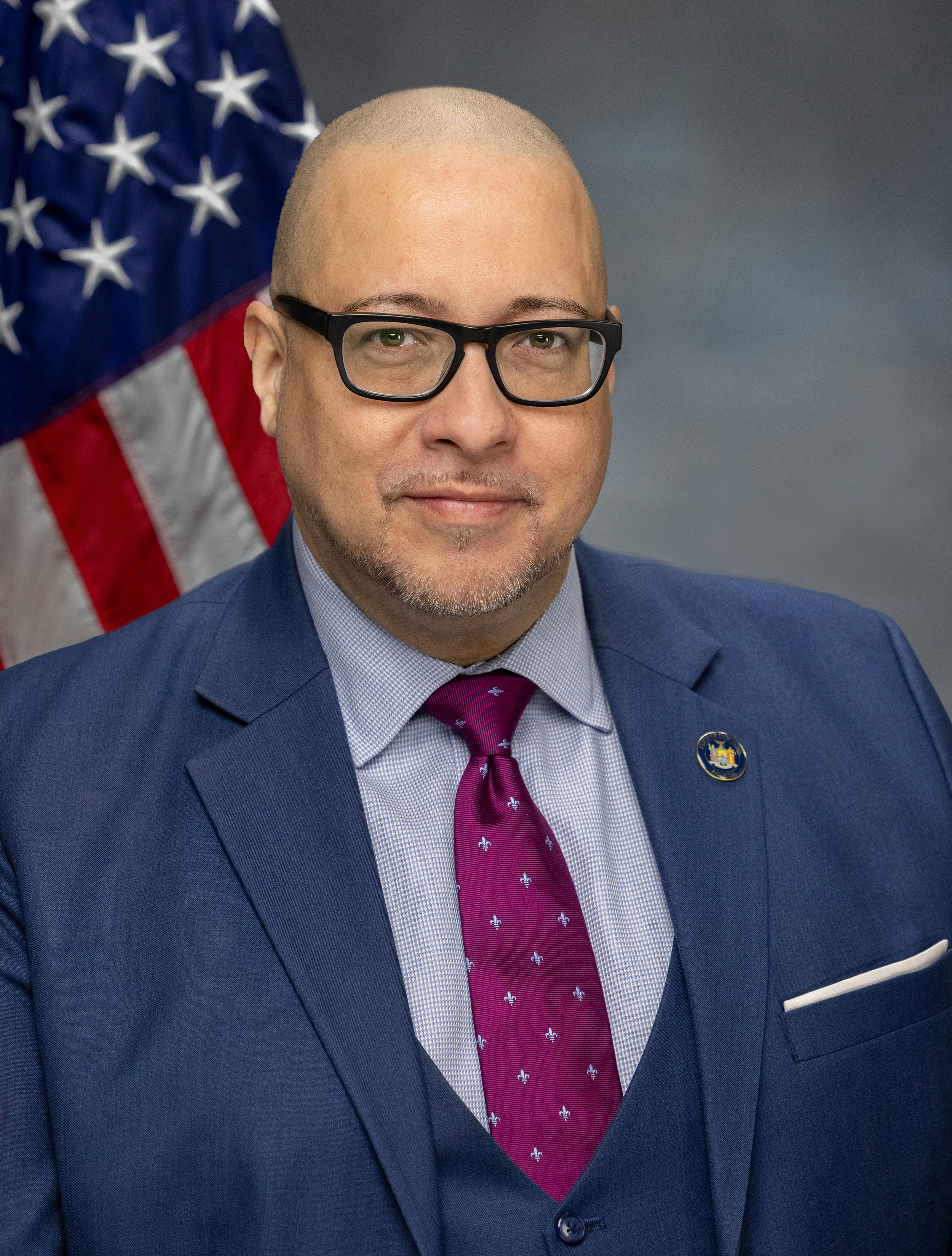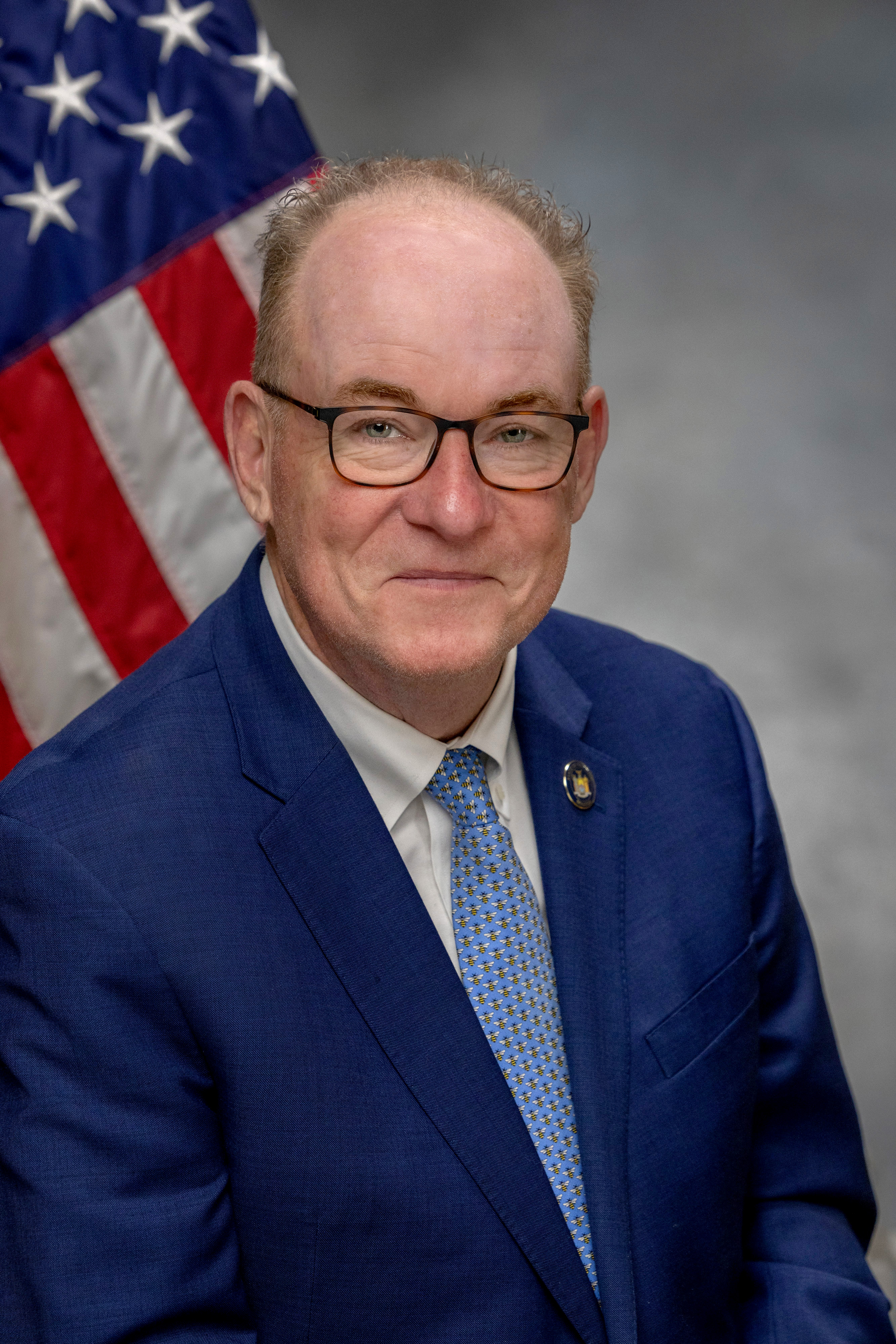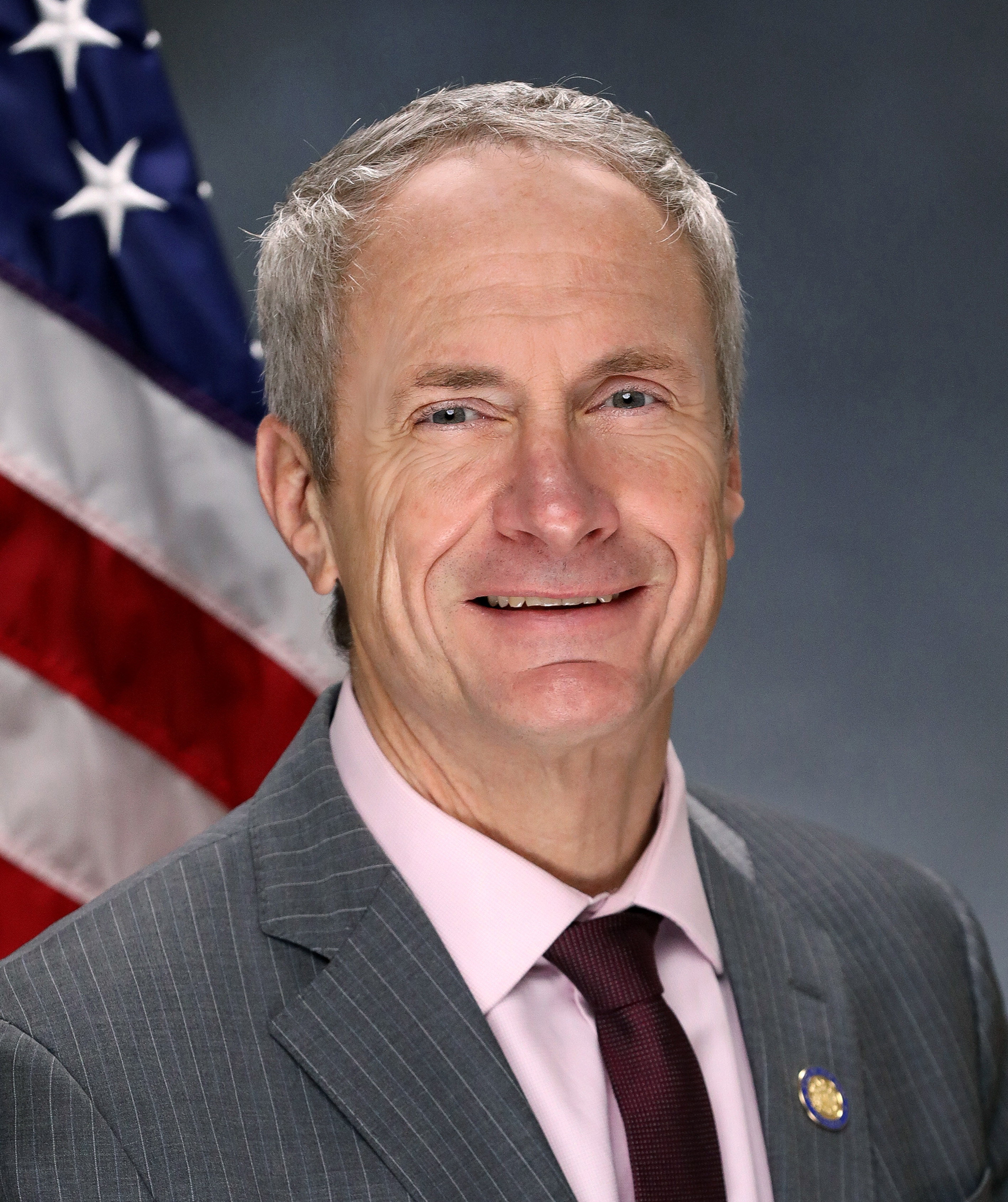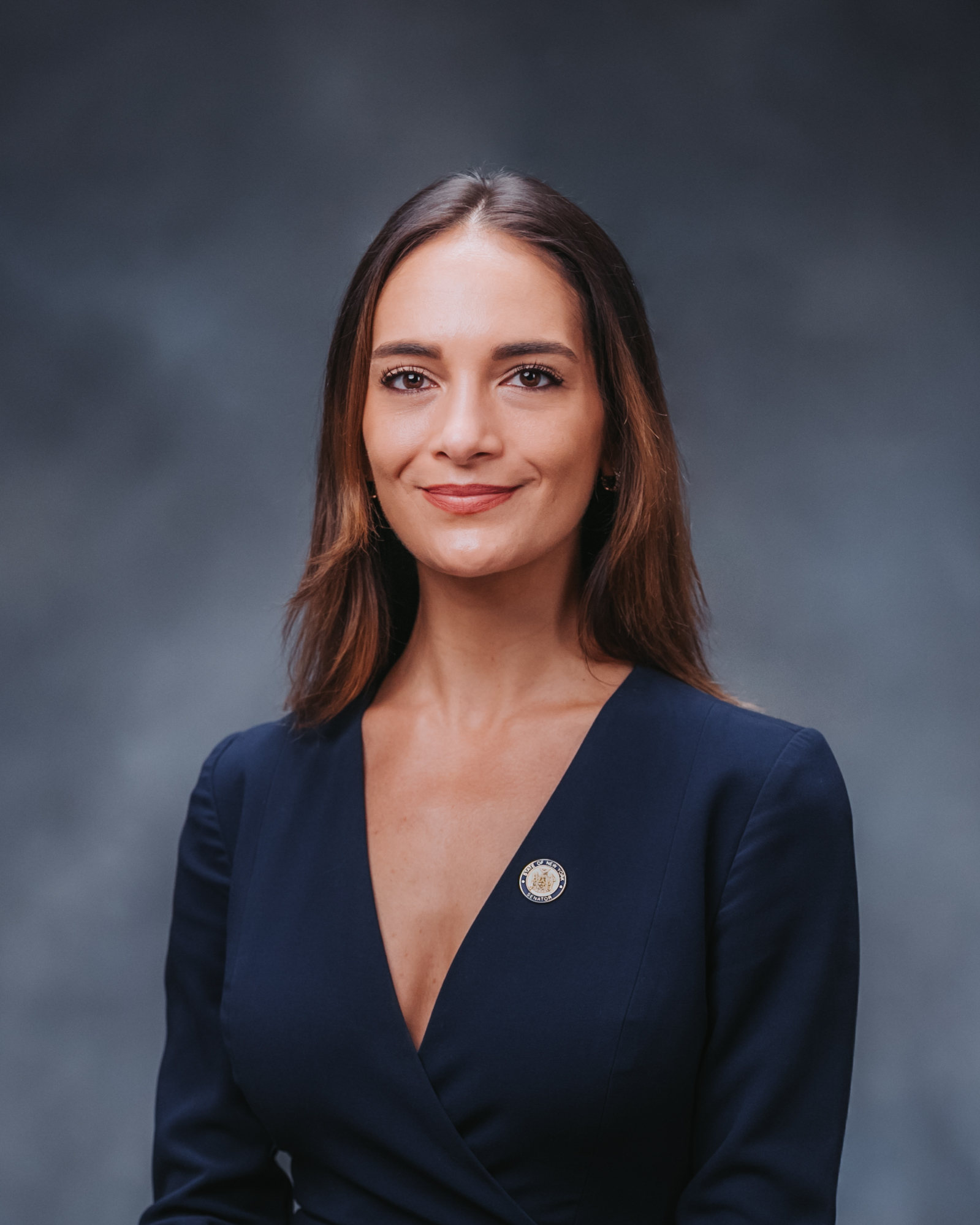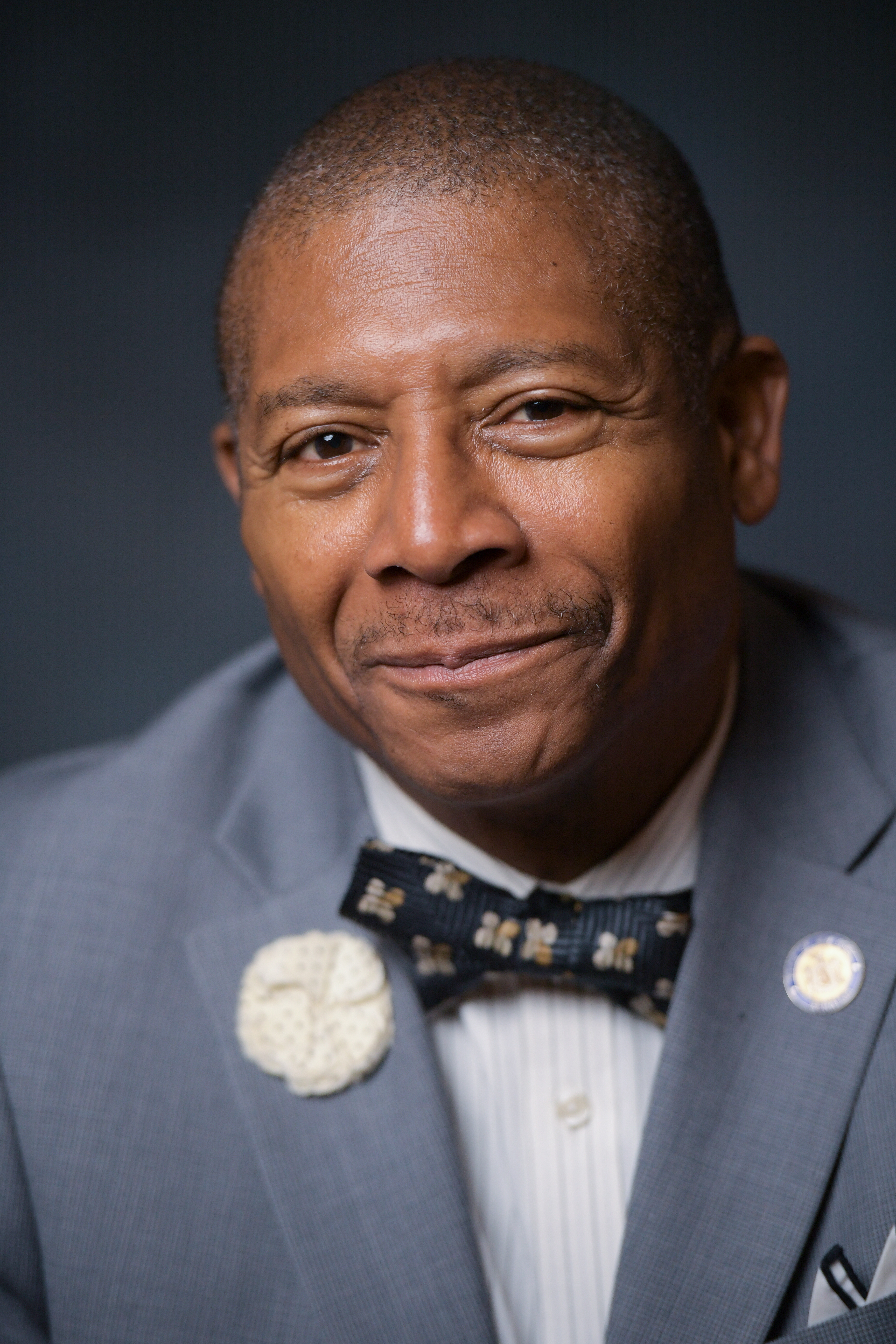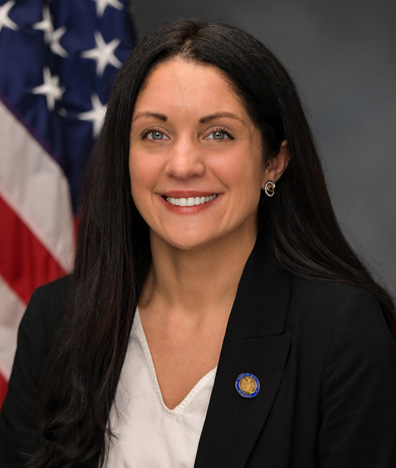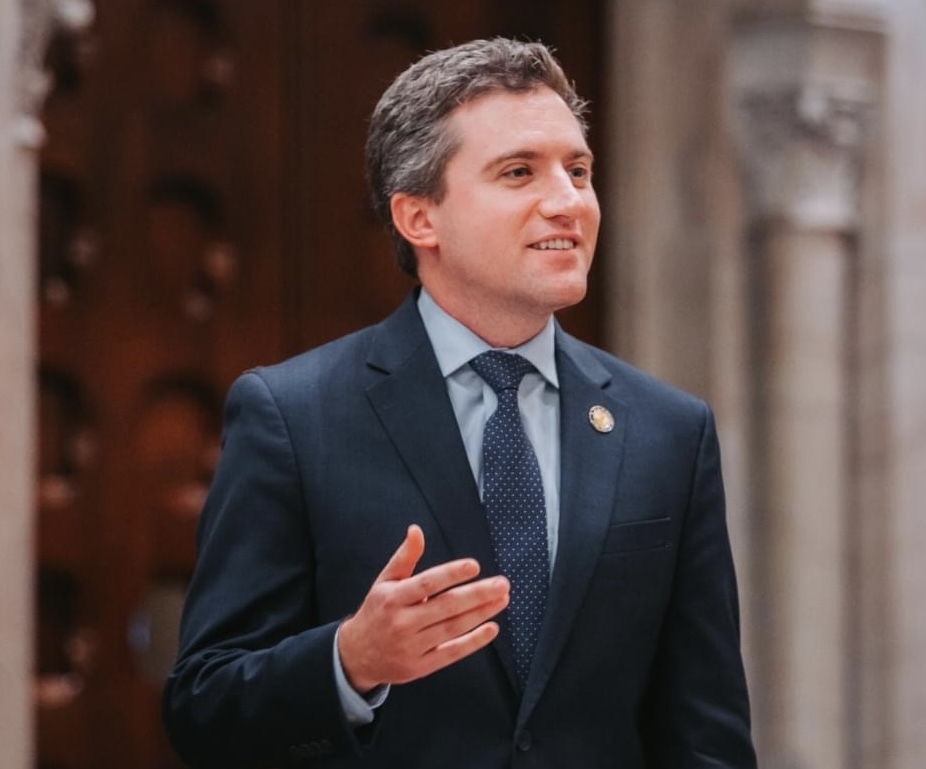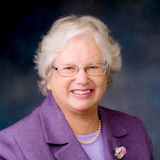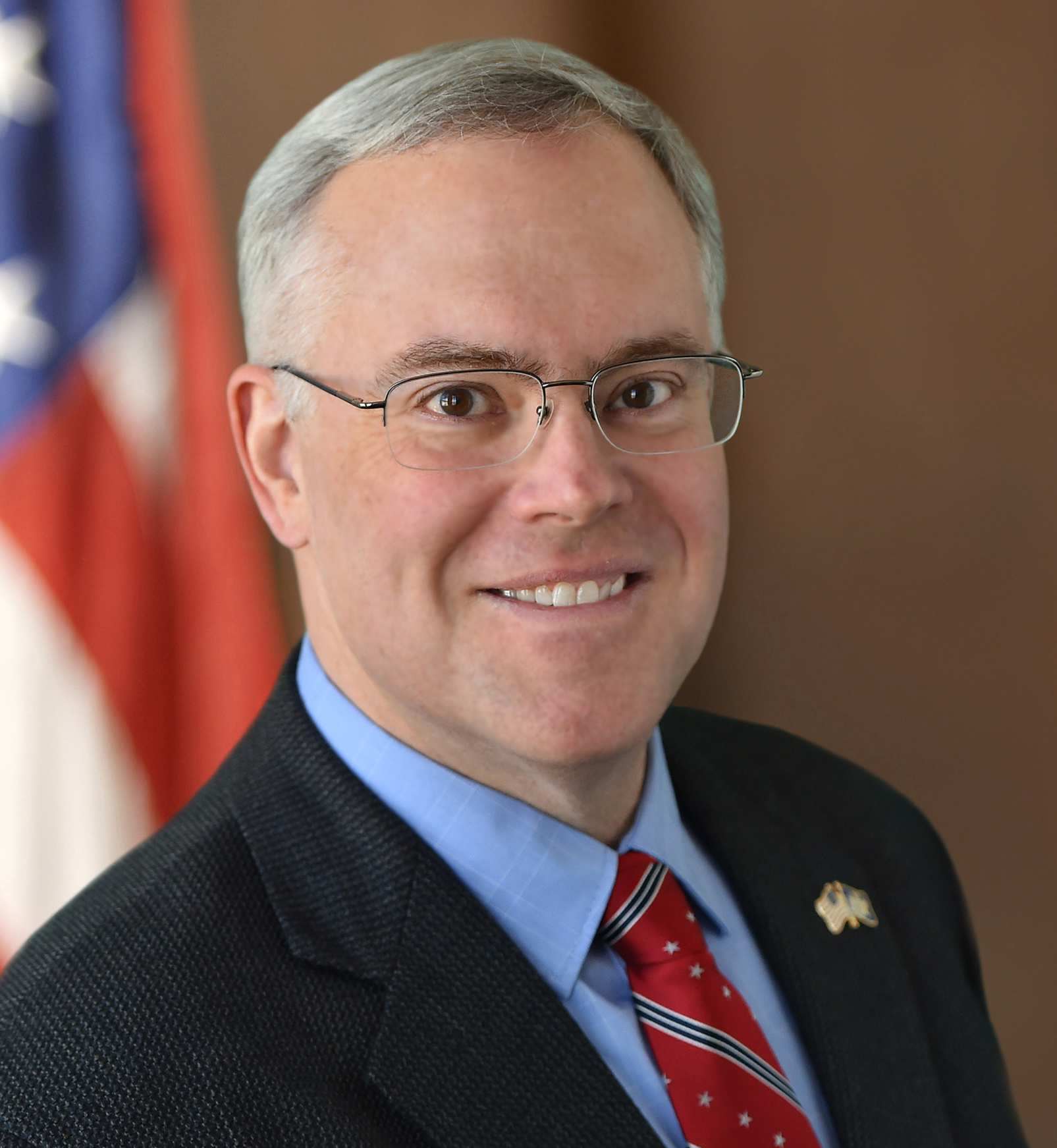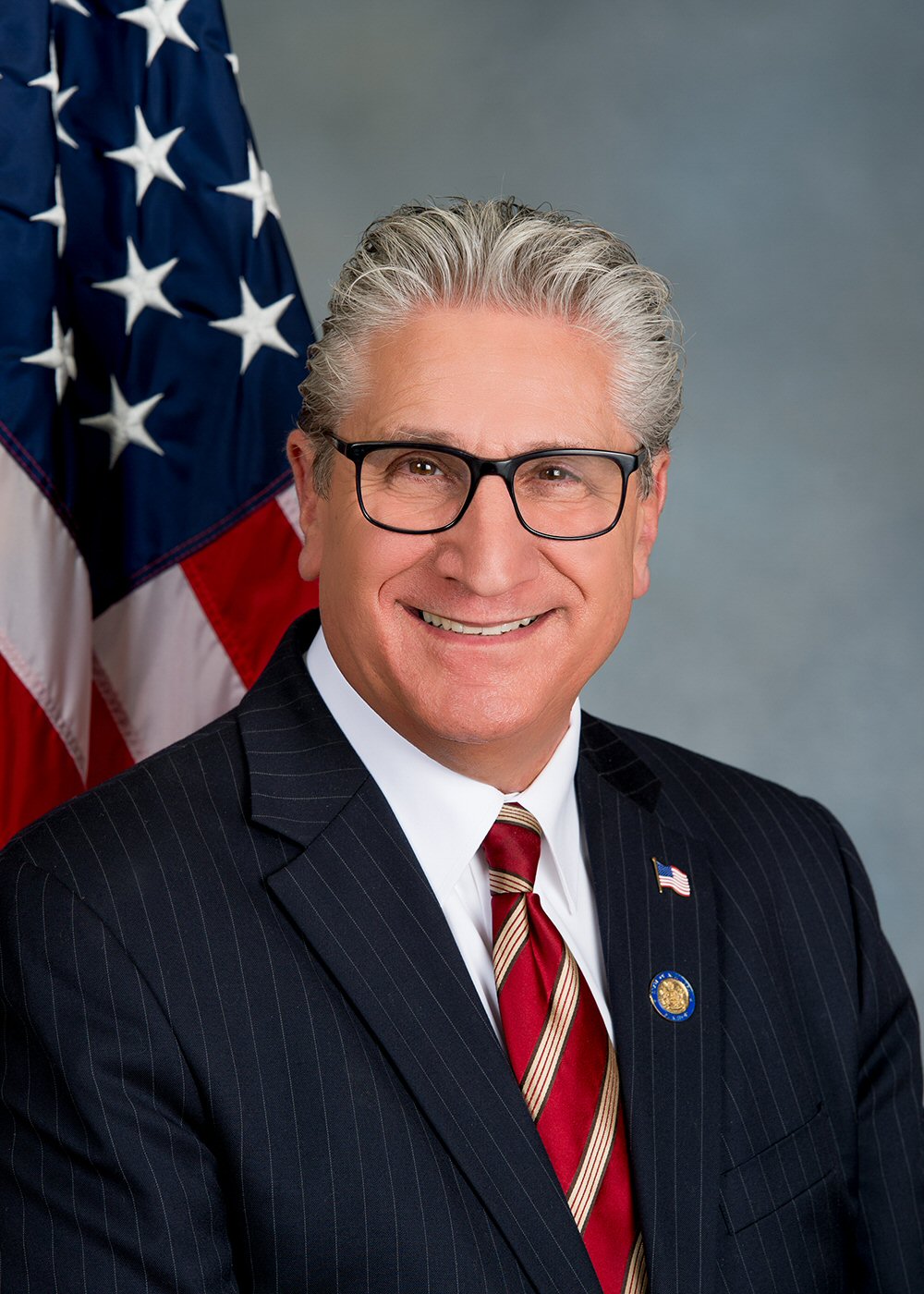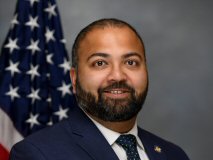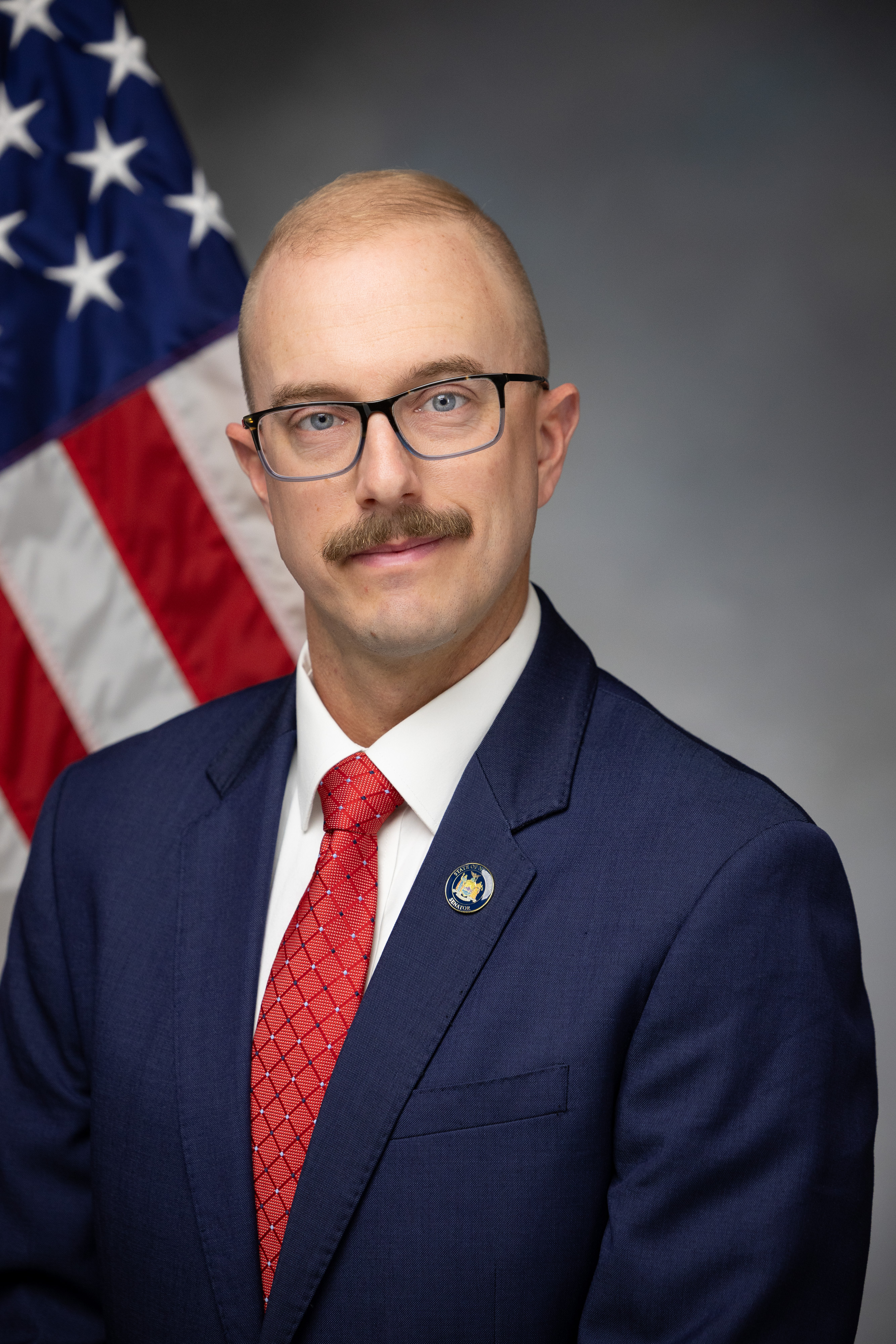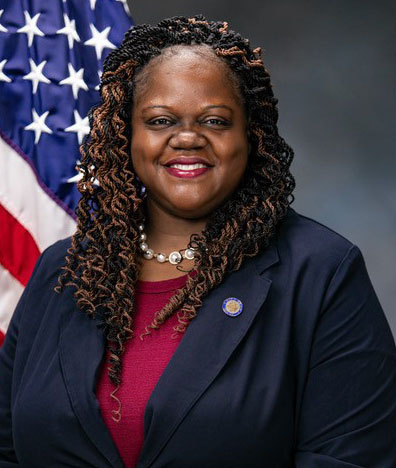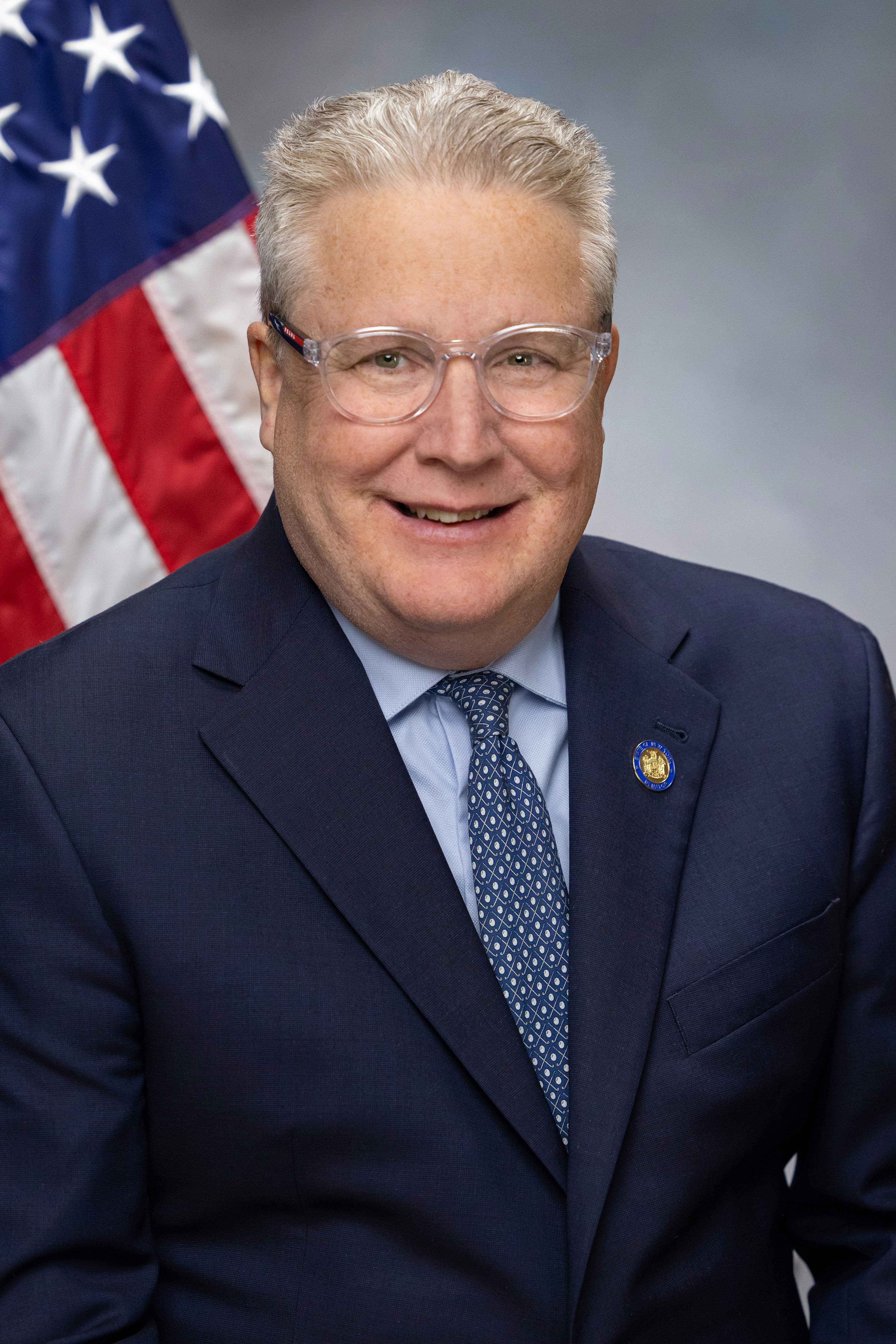2023-J1902
Senate Resolution No. 1902
BY: Senator STEWART-COUSINS
COMMEMORATING the 59th Anniversary of Bloody
Sunday and the Selma-to-Montgomery march across the
Edmund Pettus Bridge in Selma, Alabama, which served
as a catalyst for passage of the 1965 Voting Rights
Act
WHEREAS, The Selma to Montgomery march was part of a series of civil
rights protests that occurred in 1965 in Alabama, a state which was
deeply entrenched in racist policies, in an effort to register black
voters in the South; and
WHEREAS, On March 7, 1965, some 600 people assembled at a downtown
church, knelt briefly in prayer, and began walking silently, two-by-two
through the city streets; protestors marching the 54-mile route from
Selma to the state capitol of Montgomery were confronted with deadly
violence; and
WHEREAS, With Hosea Williams of the Southern Christian Leadership
Conference (SCLC) leading the demonstration, and John Lewis, Chairman of
the Student Nonviolent Coordinating Committee (SNCC), at his side, the
marchers were stopped as they were leaving Selma, at the end of the
Edmund Pettus Bridge, by some 150 Alabama state troopers, sheriff 's
deputies, and white vigilante groups, who ordered the demonstrators to
disperse; and
WHEREAS, One minute and five seconds after a two-minute warning was
announced, the troops advanced, wielding clubs, bullwhips, and tear gas;
John Lewis was one of 58 people treated for injuries at the local
hospital; less than one week later, John Lewis recounted the attack on
the marchers during a Federal hearing at which the demonstrators sought
protection for a full-scale march to Montgomery; and
WHEREAS, The day is remembered in history as "Bloody Sunday," when
footage of the violence collectively shocked the nation and galvanized
the fight against racial injustice; and
WHEREAS, As the world watched, the protesters under the protection
of federalized National Guard troops finally achieved their goal,
walking around the clock for three days to reach Montgomery, Alabama;
the historic march, and Martin Luther King, Jr.'s participation in it,
raised awareness of the difficulties faced by black voters, and the need
for a national Voting Rights Act; and
WHEREAS, Even after the Civil Rights Act of 1964 forbade
discrimination in voting on the basis of race, efforts by civil rights
organizations such as the Southern Christian Leadership Council (SCLC)
and the Student Nonviolent Coordinating Committee (SNCC) to register
black voters were met with fierce resistance in southern states such as
Alabama; and
WHEREAS, On March 17, 1965, even as the Selma-to-Montgomery marchers
fought for the right to carry out their protest, President Lyndon
Johnson addressed a joint session of Congress, calling for federal
voting rights legislation to protect African Americans from barriers
that prevented them from voting; and
WHEREAS, That August, Congress passed the Voting Rights Act of 1965,
which guaranteed the right to vote, first awarded by the 15th Amendment,
to all African Americans; and
WHEREAS, Specifically, the Voting Rights Act of 1965 banned literacy
tests as a requirement for voting, mandated federal oversight of voter
registration in areas where tests had previously been used and gave the
U.S. attorney general the duty of challenging the use of poll taxes for
state and local elections; and
WHEREAS, Along with the Civil Rights Act, the Voting Rights Act was
one of the most expansive pieces of civil rights legislation in American
history; it greatly reduced the disparity between black and white voters
in the United States and allowed greater numbers of African Americans to
participate in politics and government at the local, state and national
level; and
WHEREAS, On March 7, 2015, marchers walked over the Brooklyn Bridge
in solidarity with the 50th Anniversary of Bloody Sunday and the
Selma-to-Montgomery march across the Edmund Pettus Bridge; the Selma is
Everywhere march honored those who fought and continue to fight for
social injustice and to remind all United States citizens to never
forget the pain which was endured in the movement to attain basic civil
rights; and
WHEREAS, To commemorate the 59th Anniversary of Bloody Sunday and
the historic march, a myriad of events will be held from Selma to New
York, and across this great Nation to remember and recall that pivotal
day which forever changed the lives of each and every American citizen;
now, therefore, be it
RESOLVED, That this Legislative Body pause in its deliberations to
commemorate the 59th Anniversary of Bloody Sunday and the
Selma-to-Montgomery march across the Edmund Pettus Bridge in Selma,
Alabama, which served as a catalyst for passage of the 1965 Voting
Rights Act; and be it further
RESOLVED, That a copy of this Resolution, suitably engrossed, be
transmitted to Hazel N. Dukes, President, National Association for the
Advancement of Colored People (NAACP), New York State Conference.
